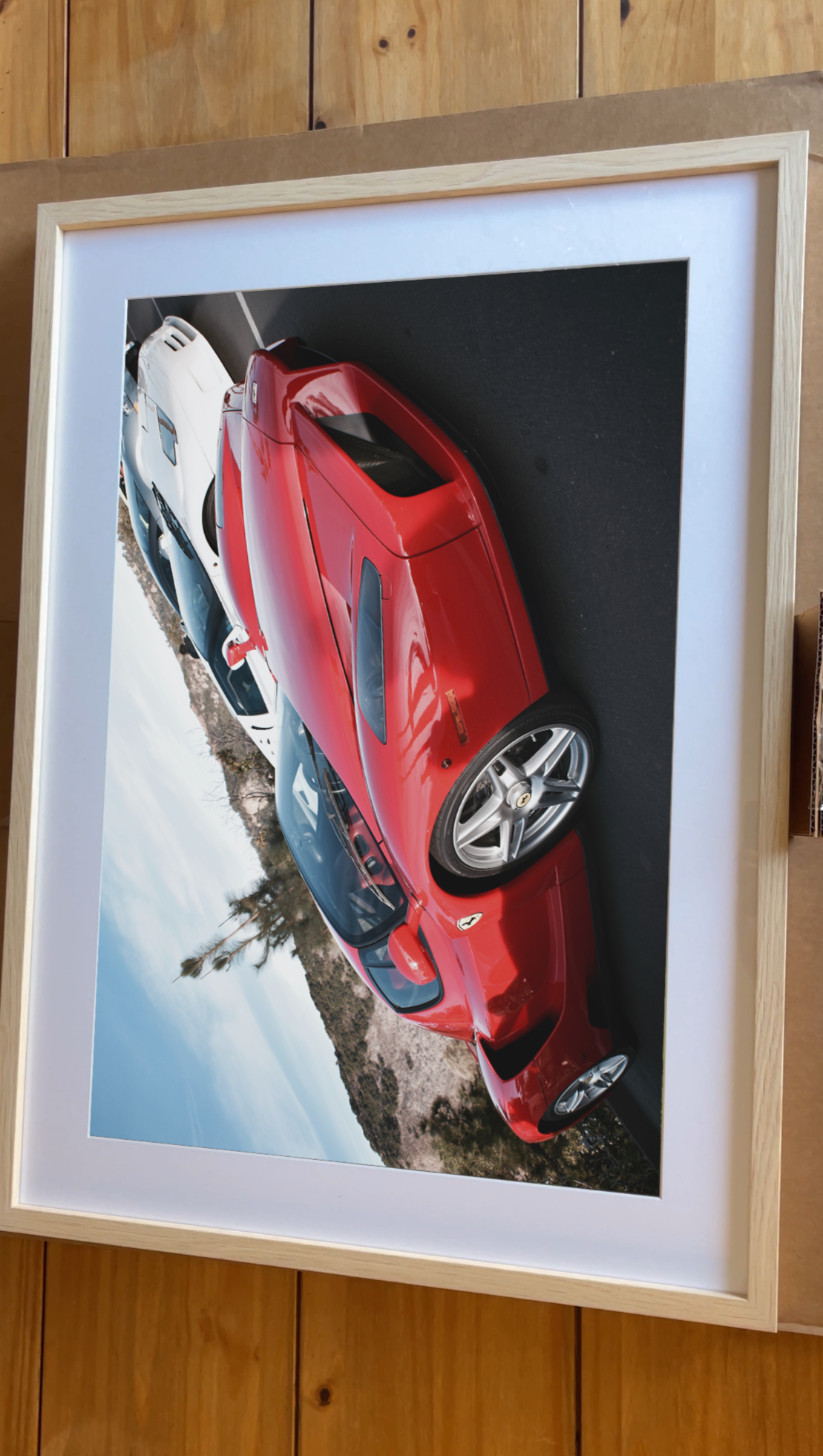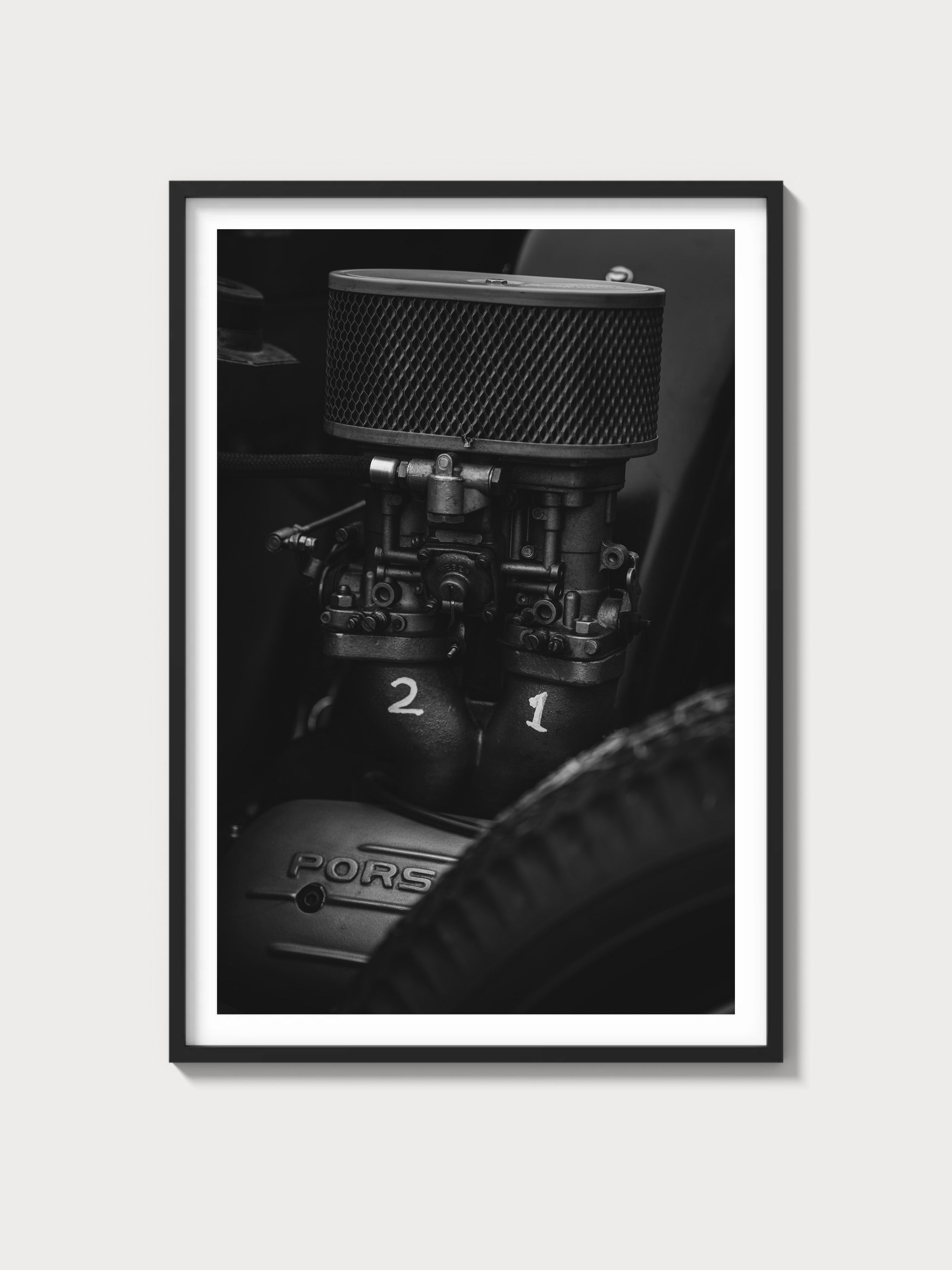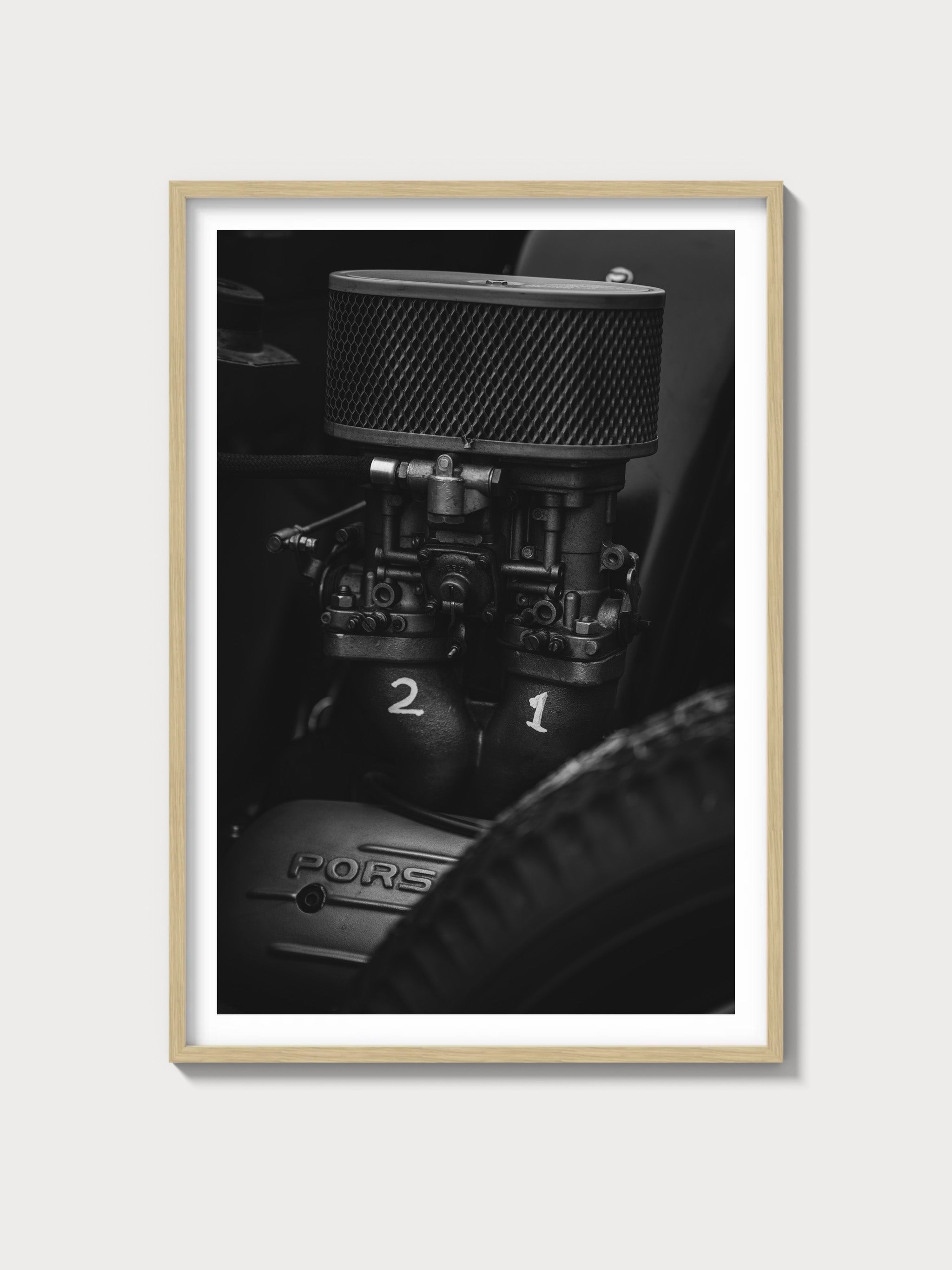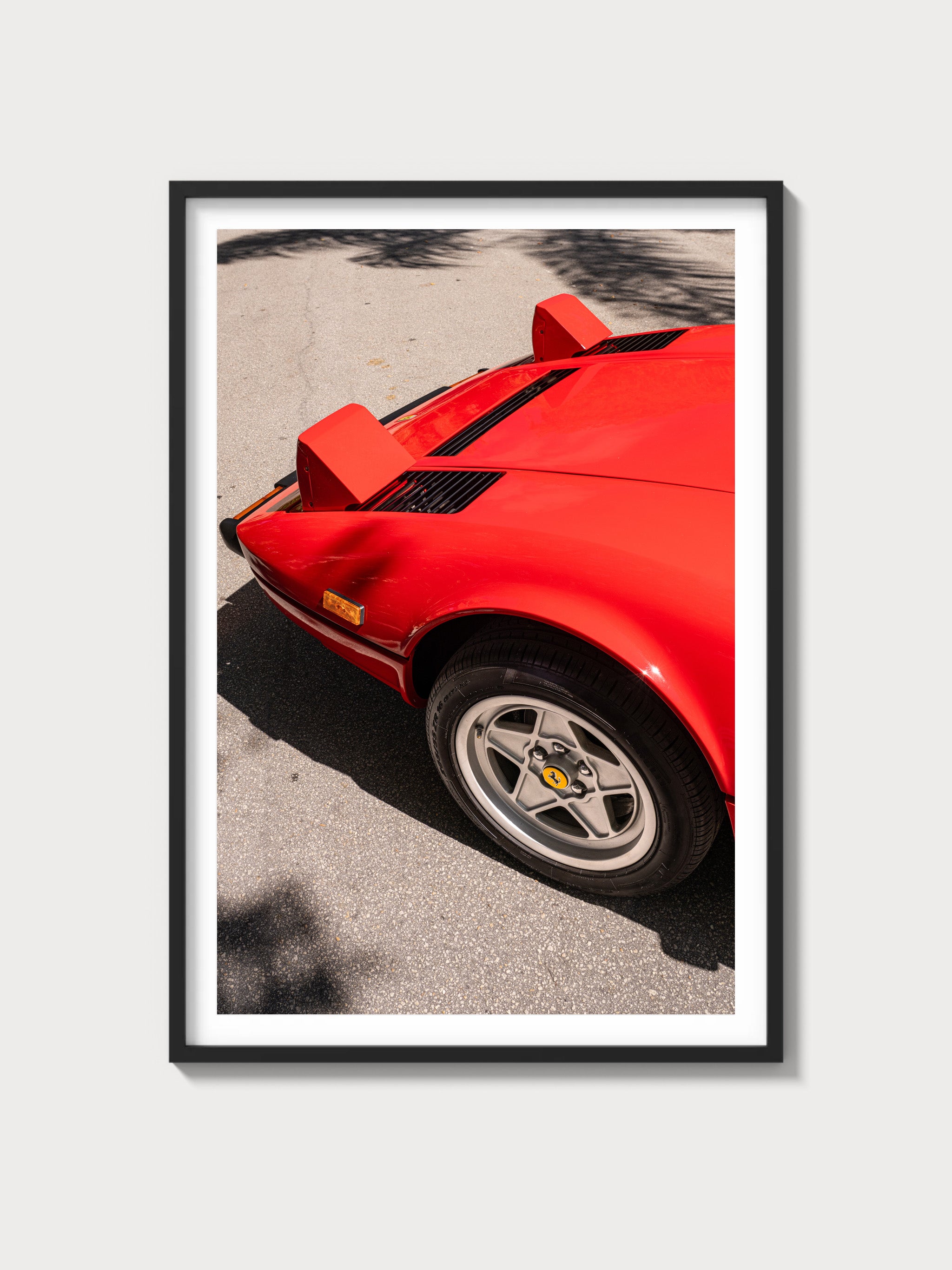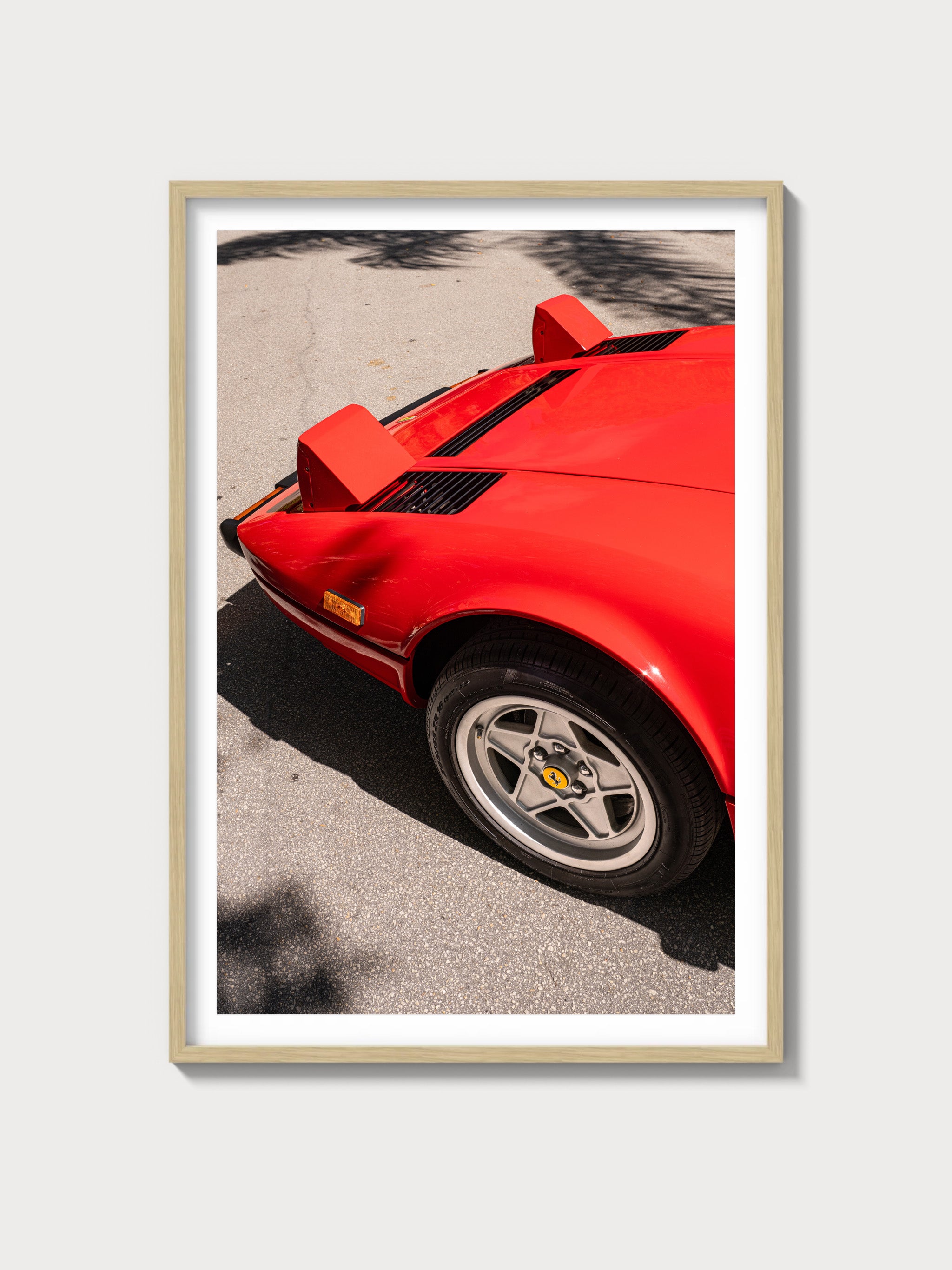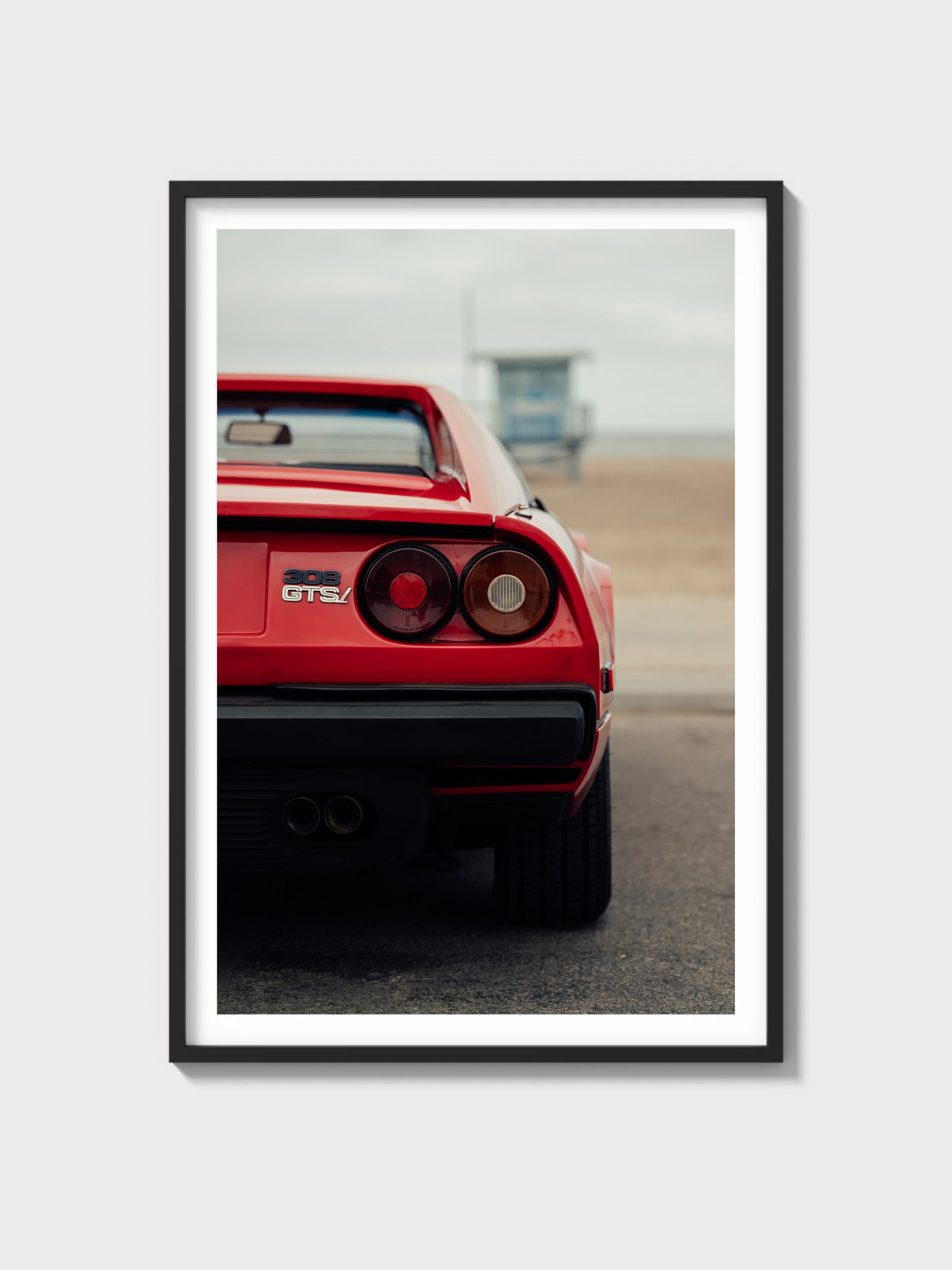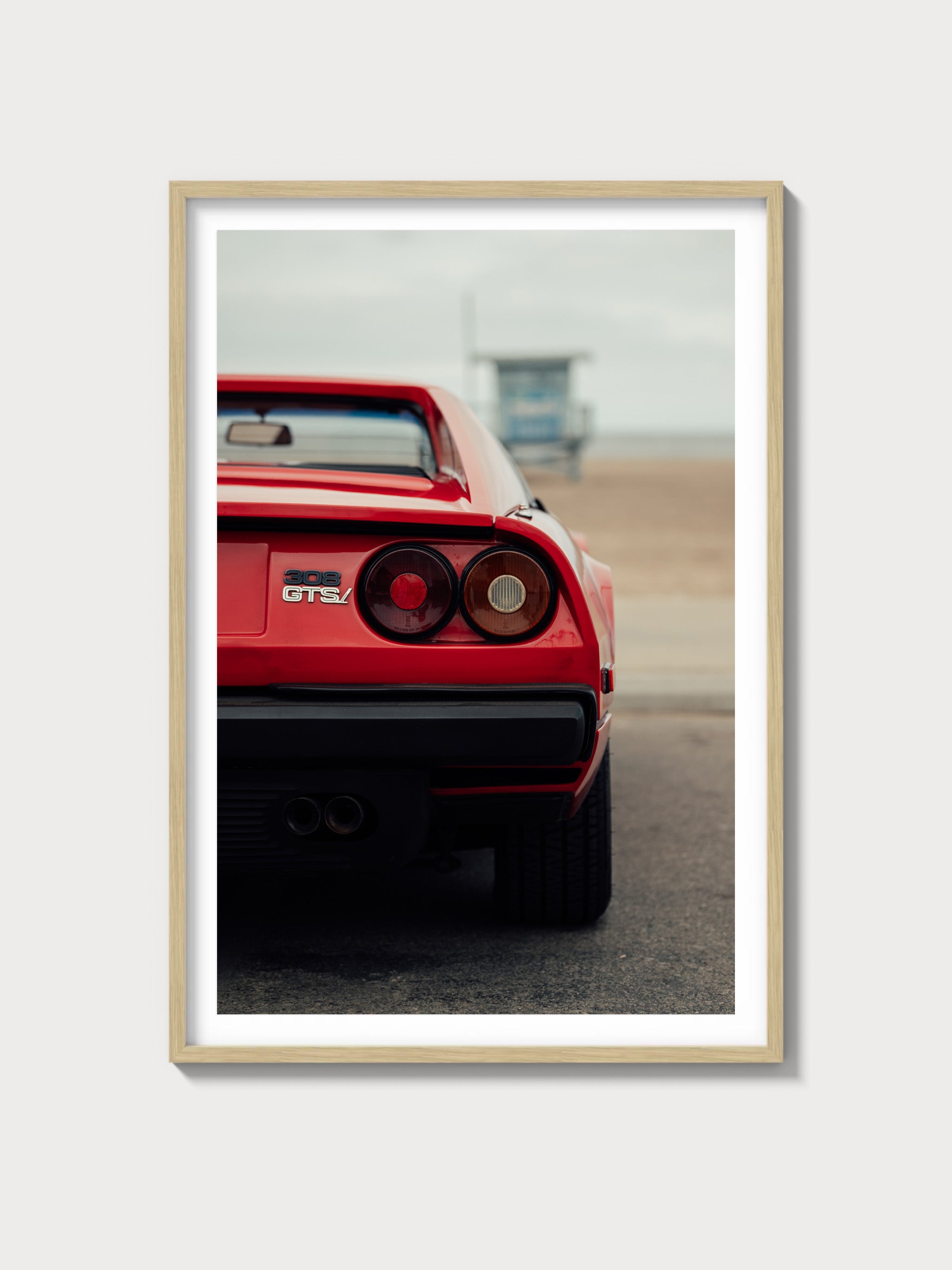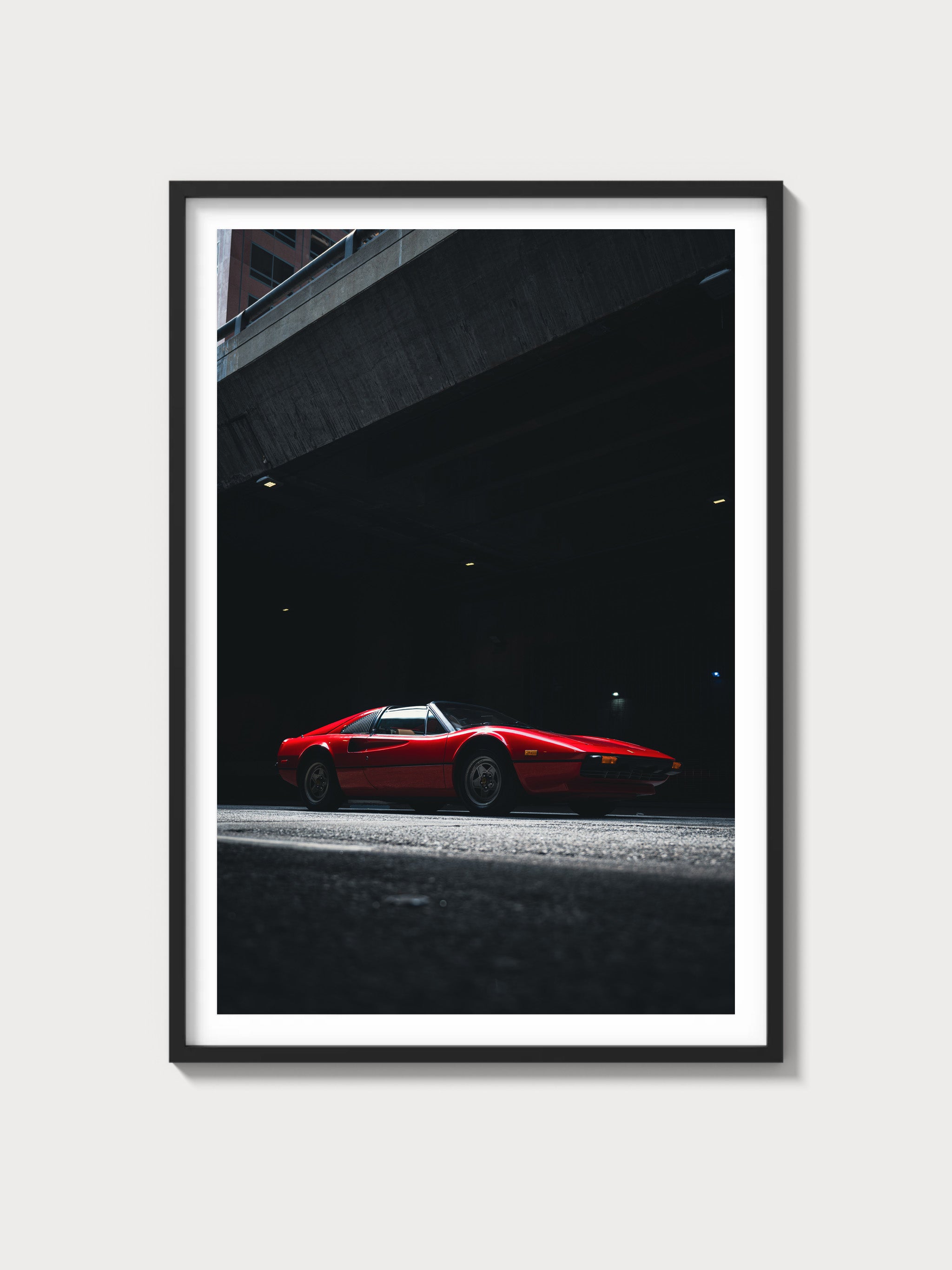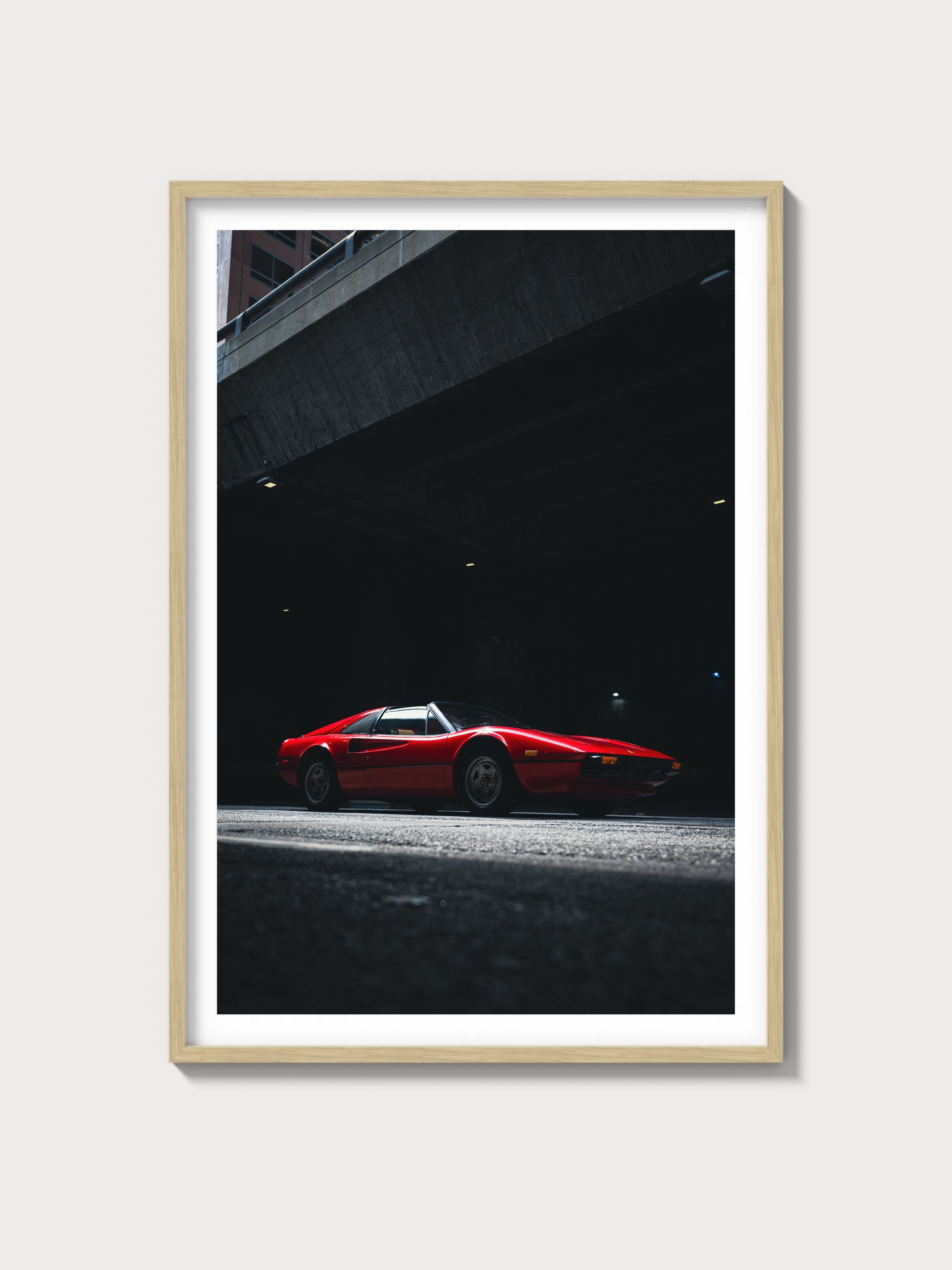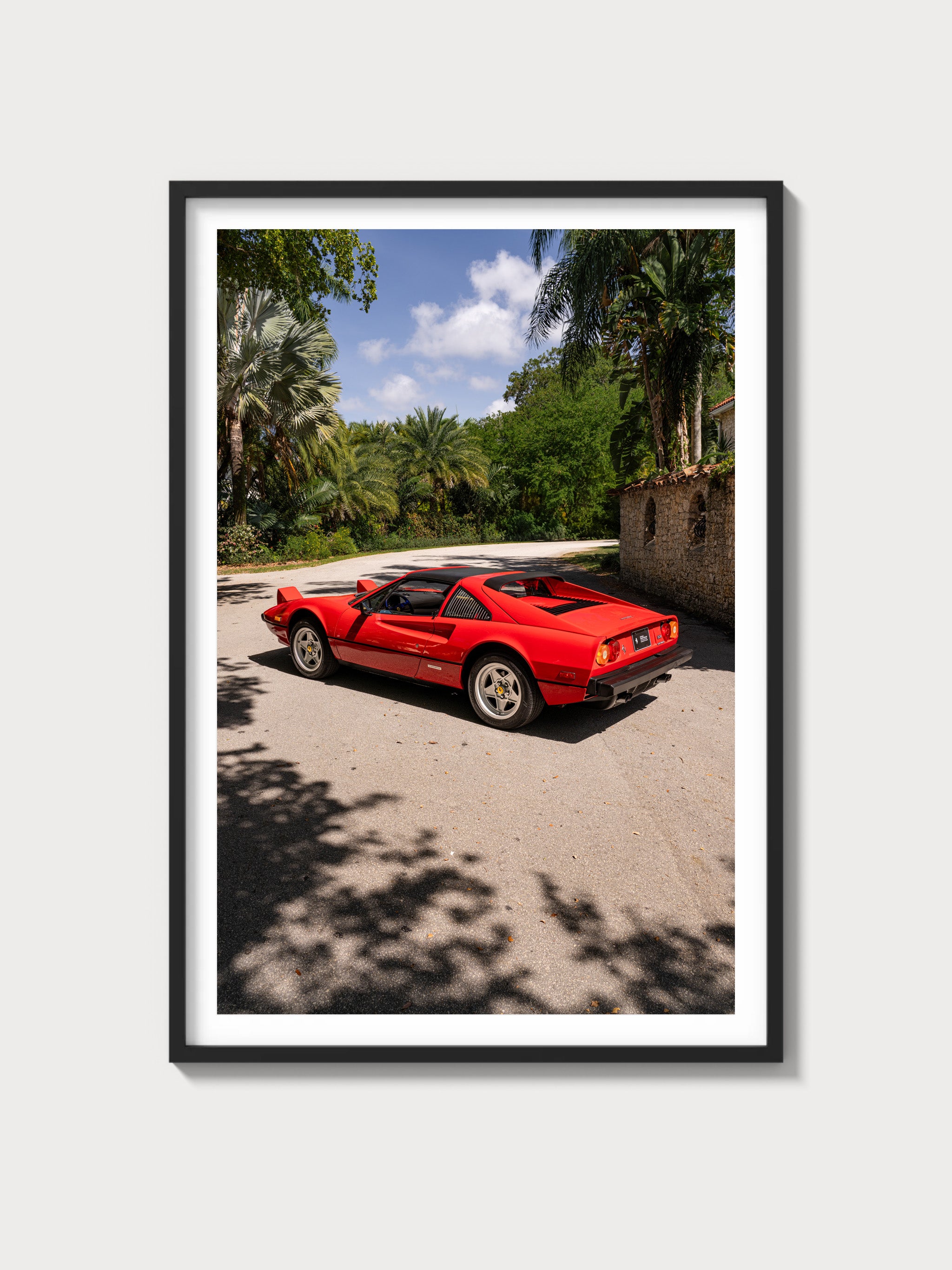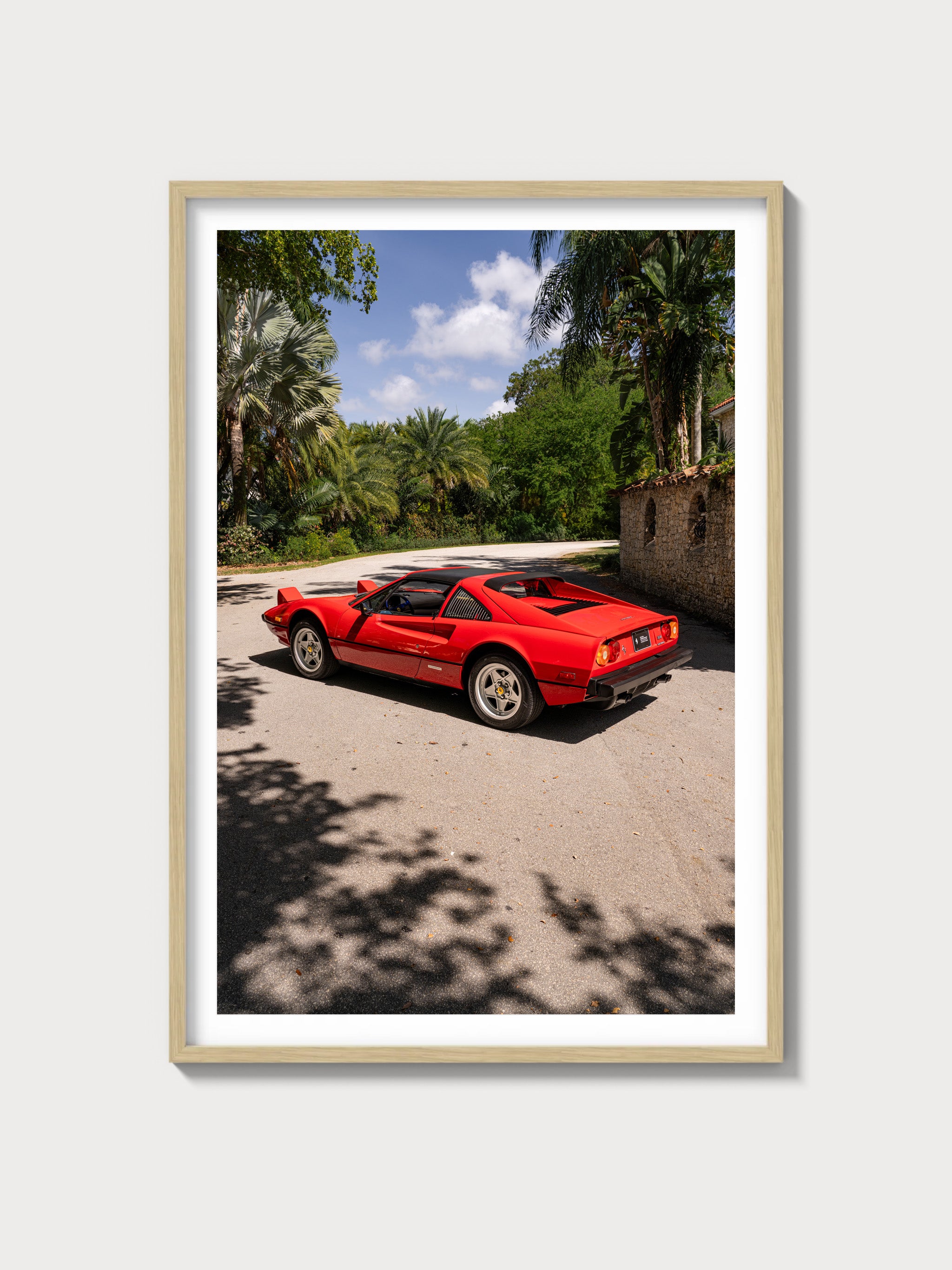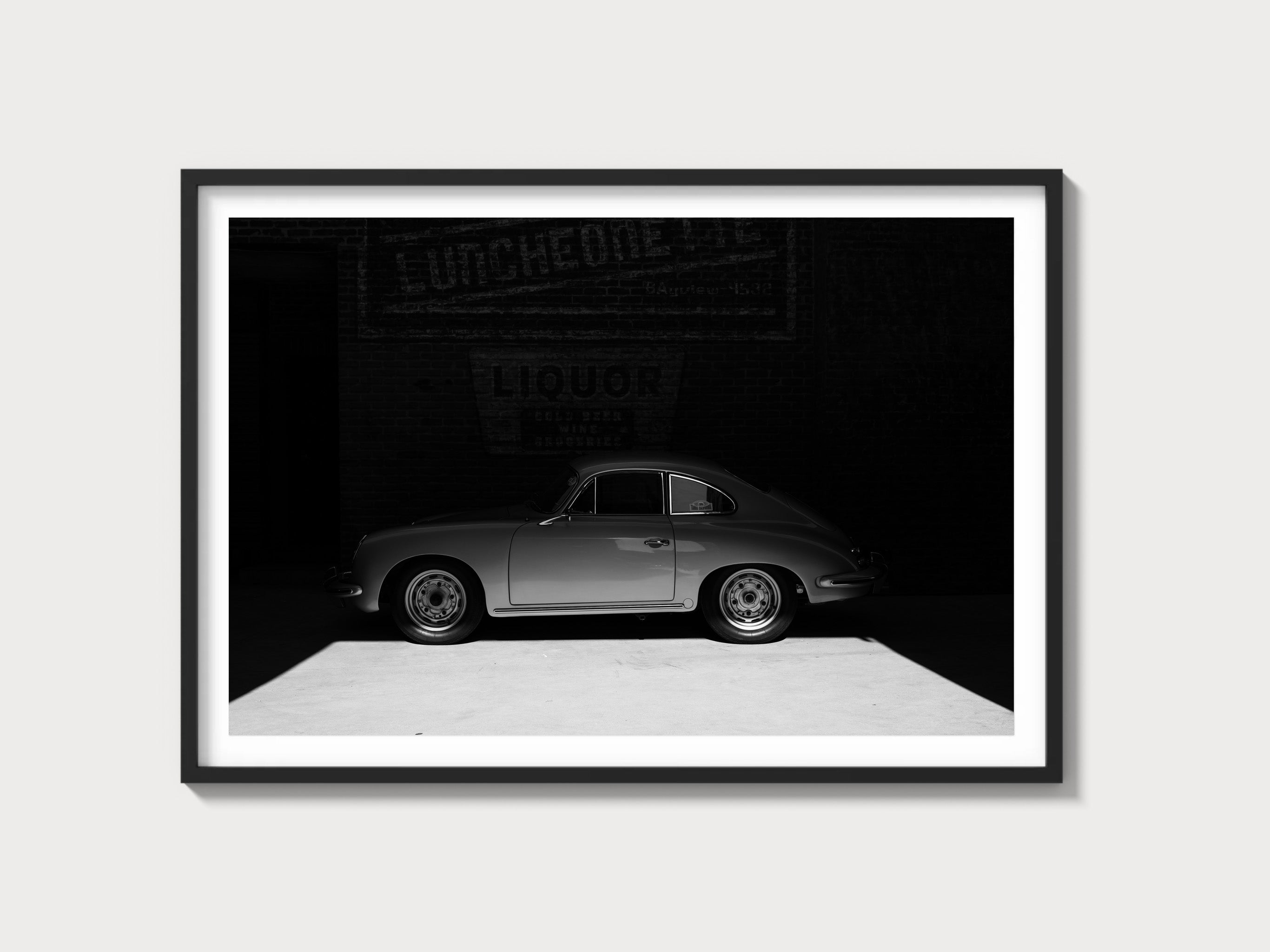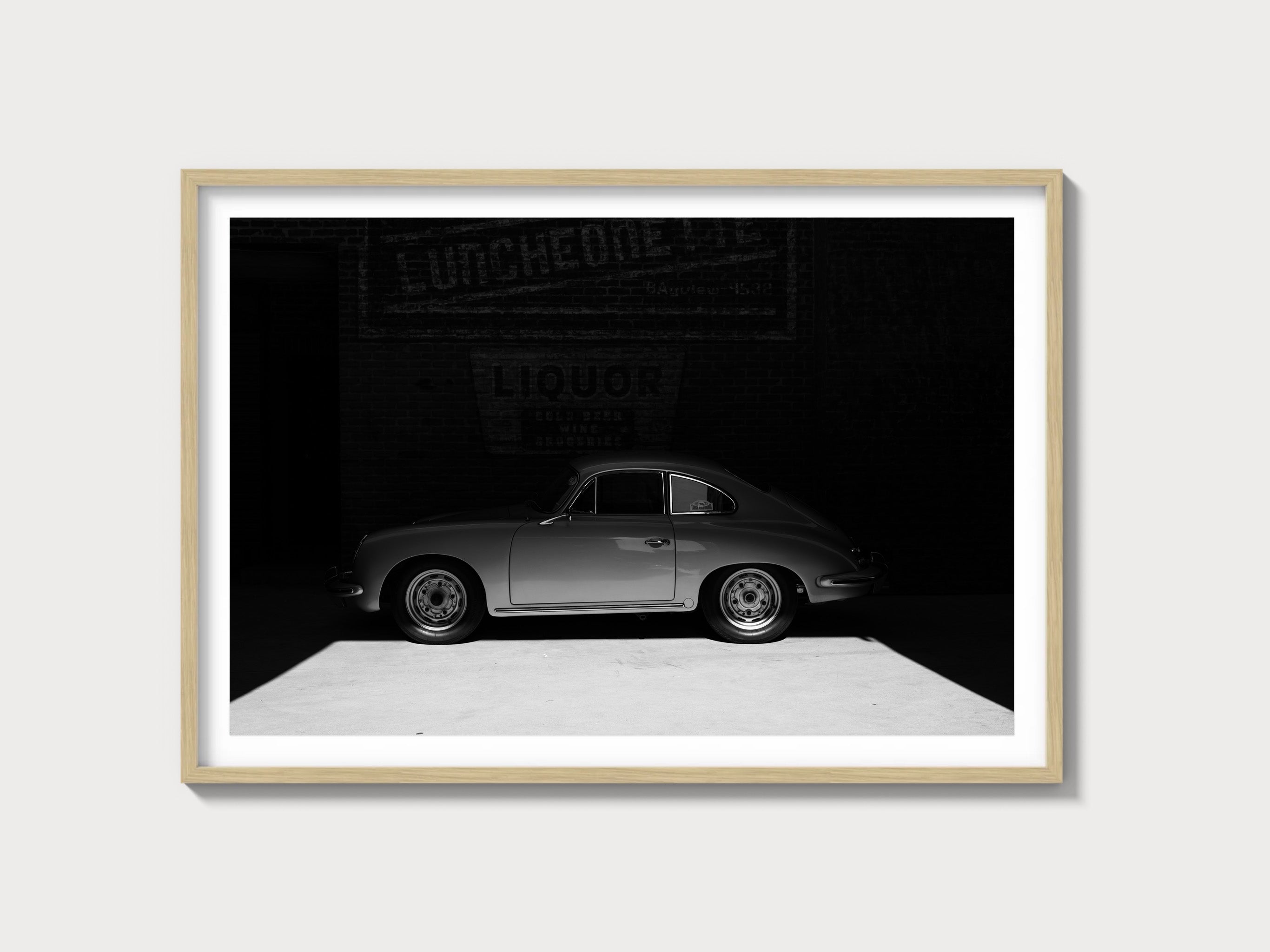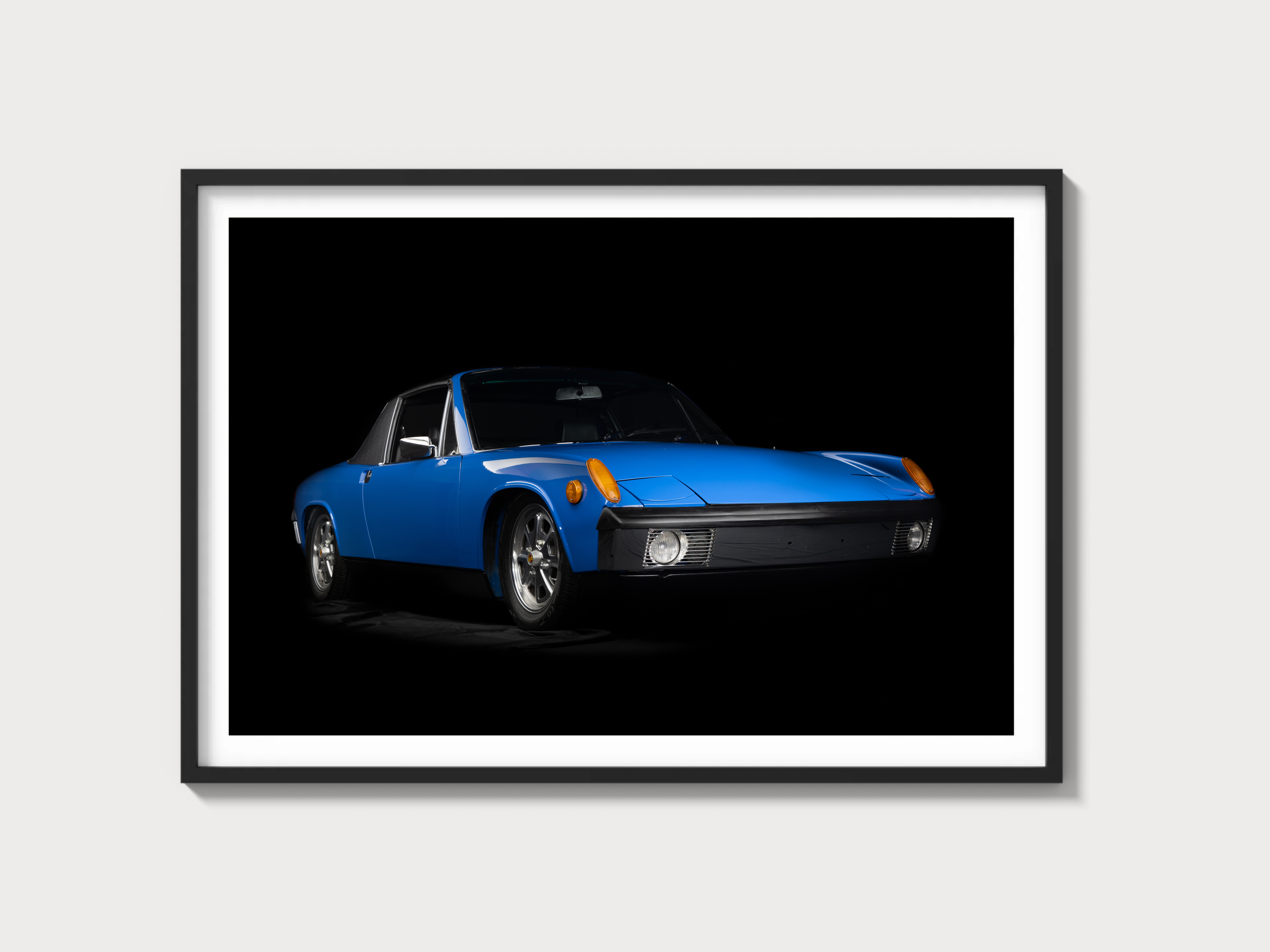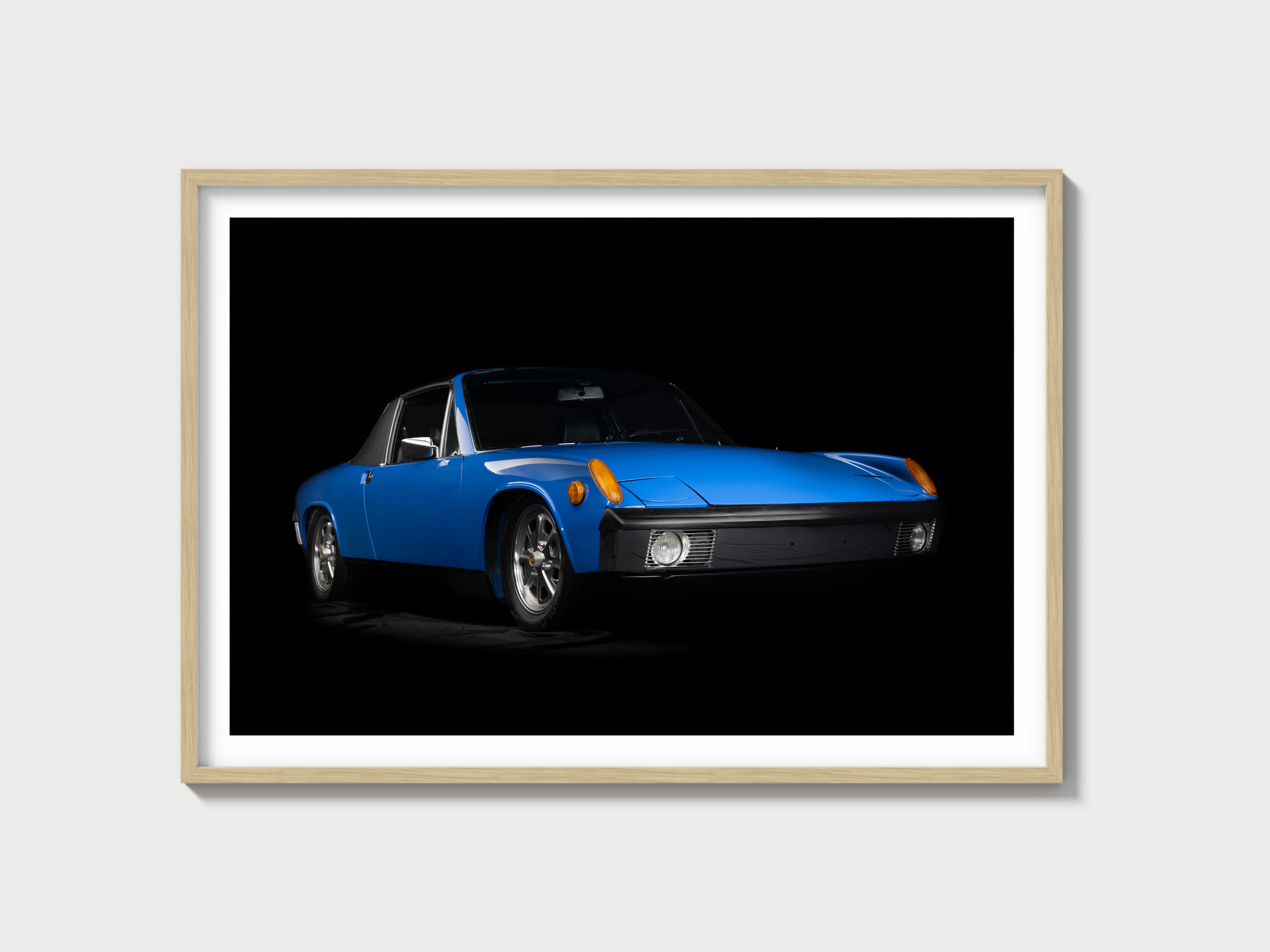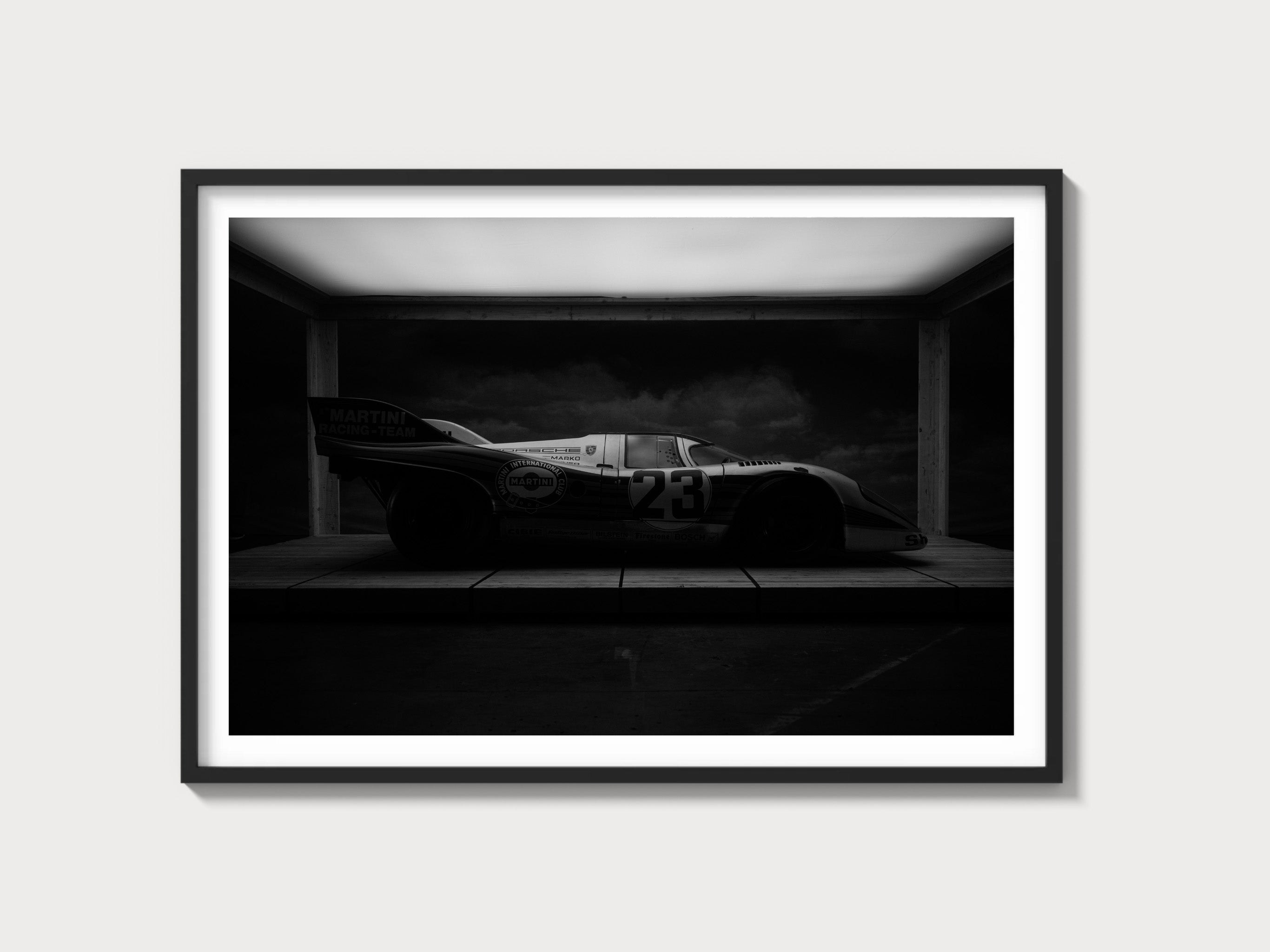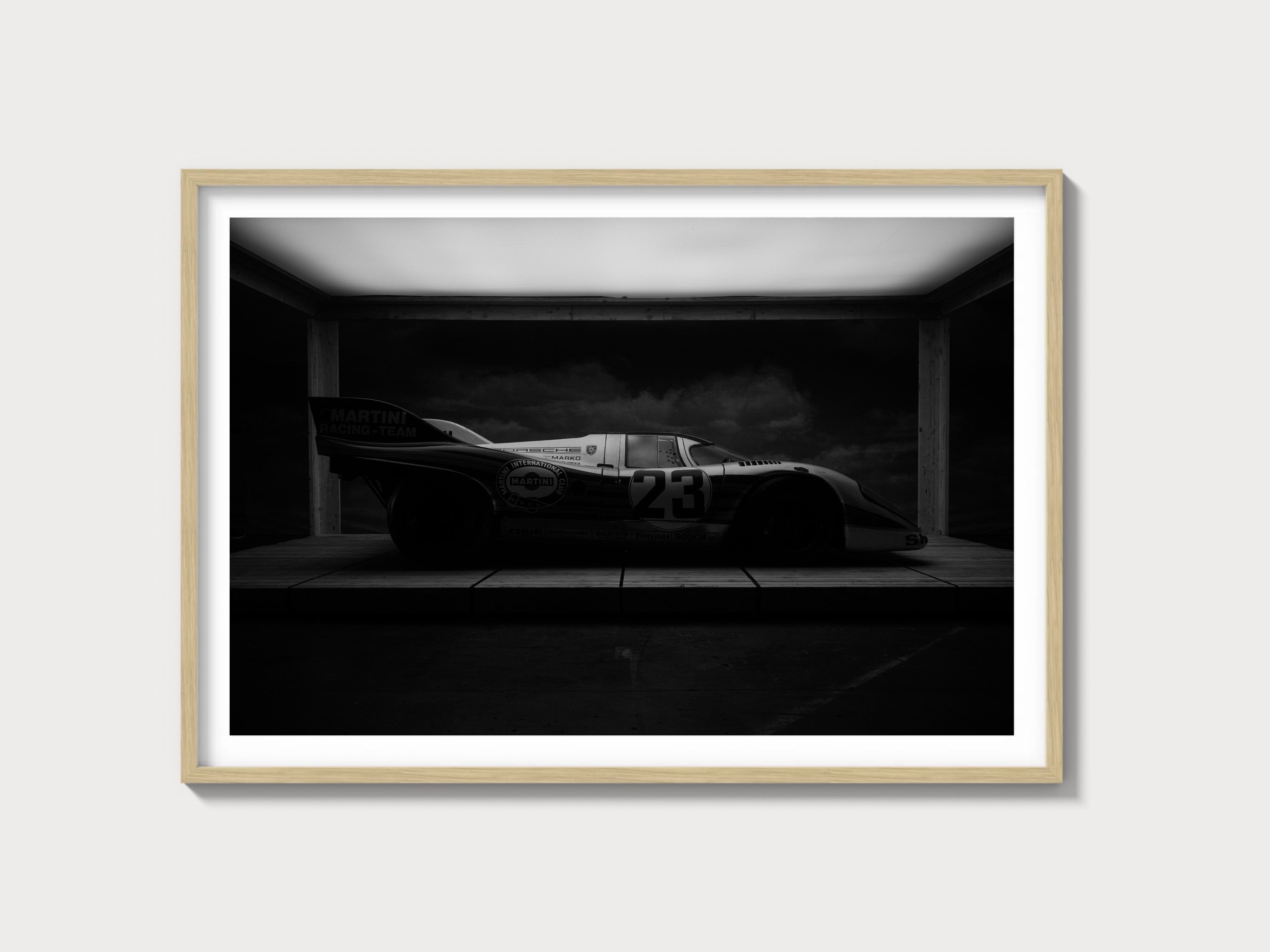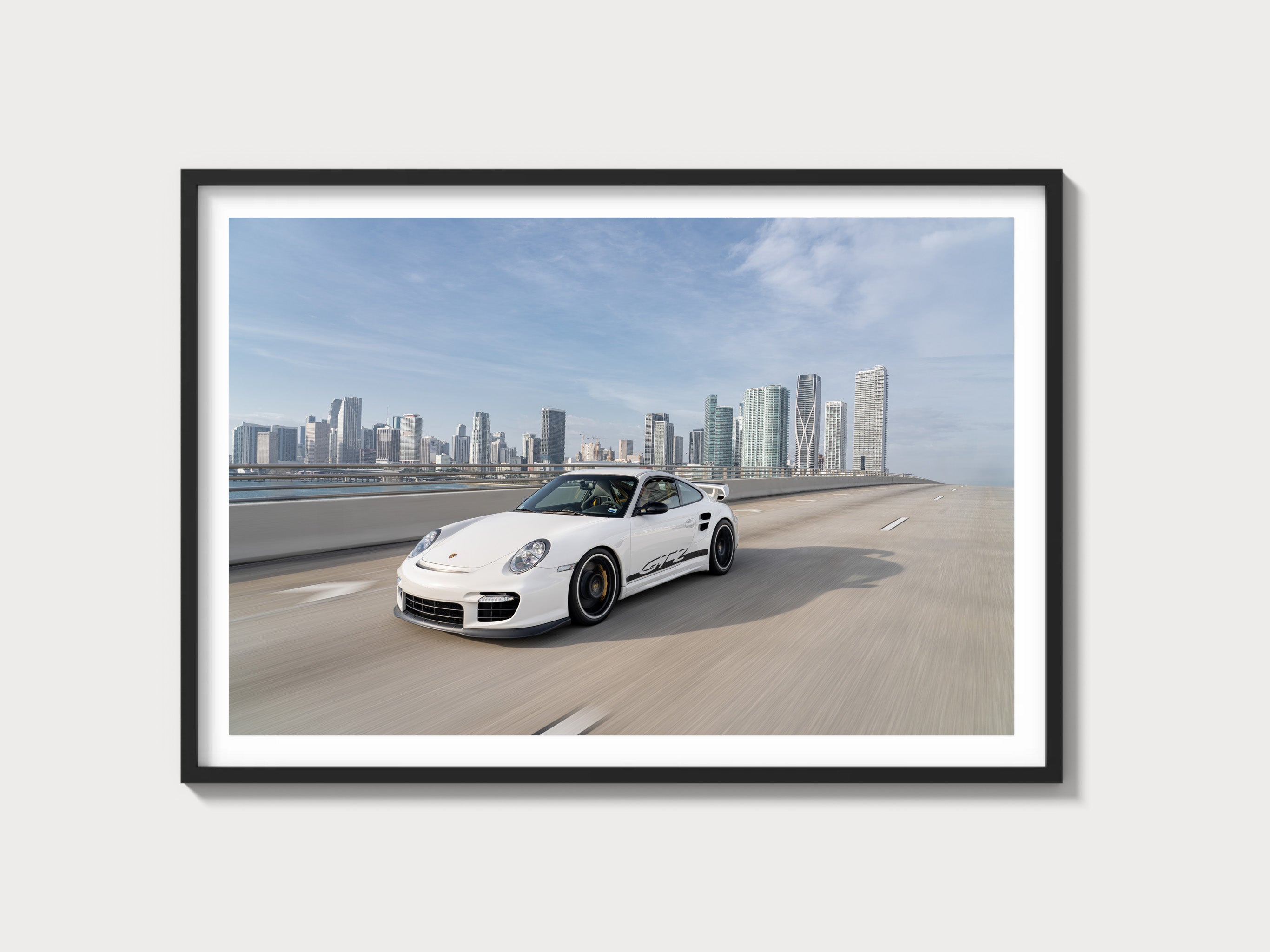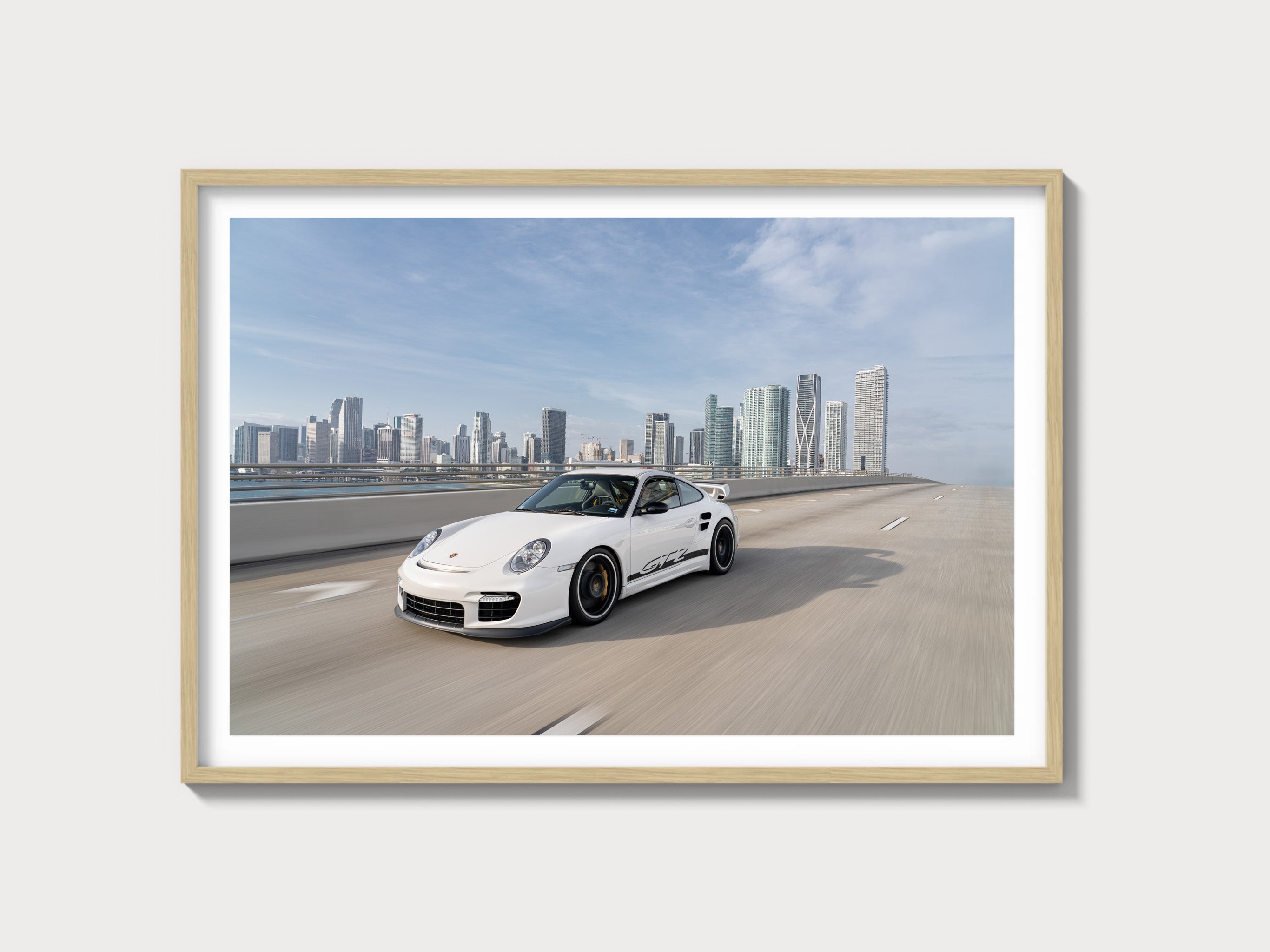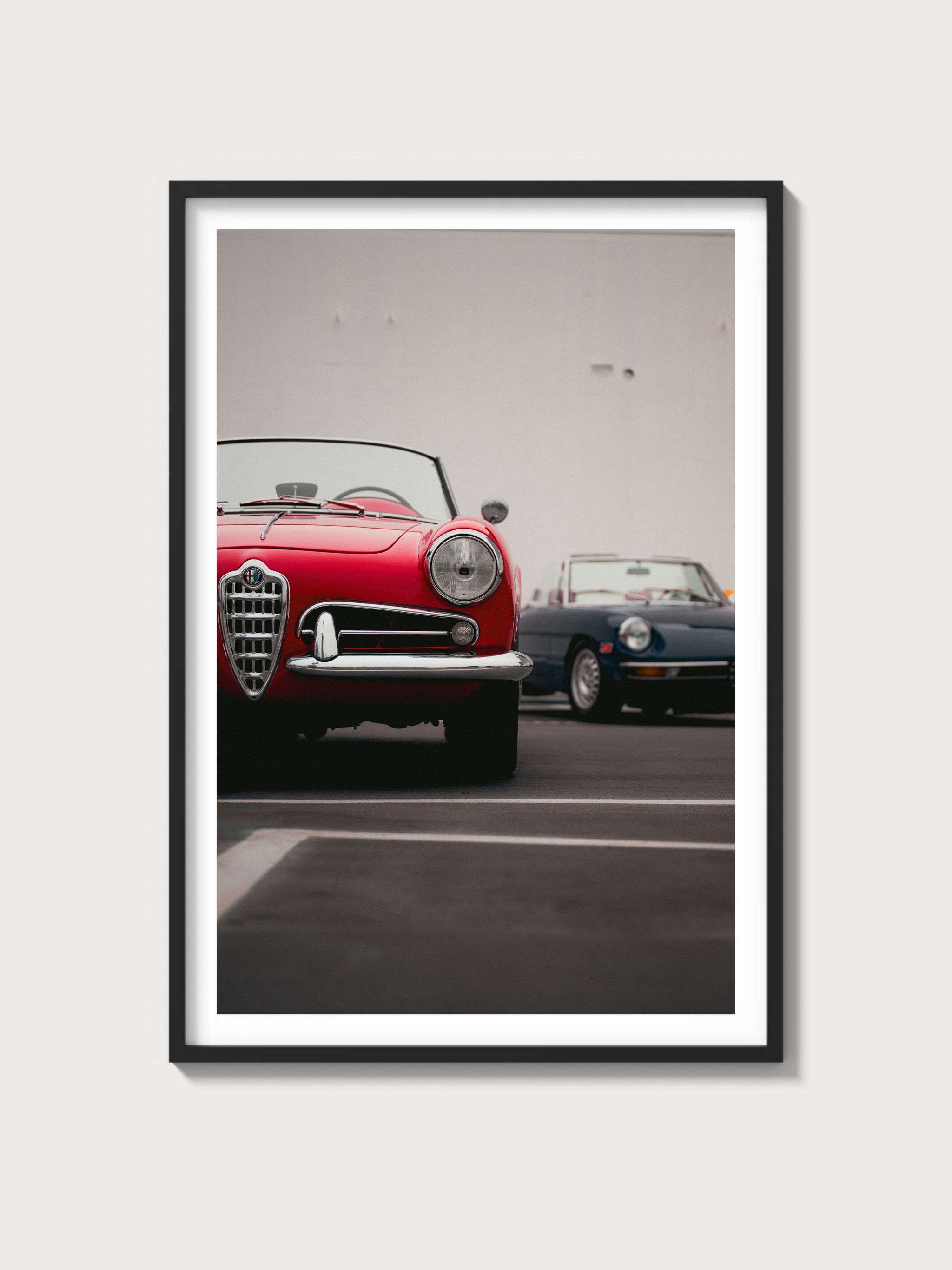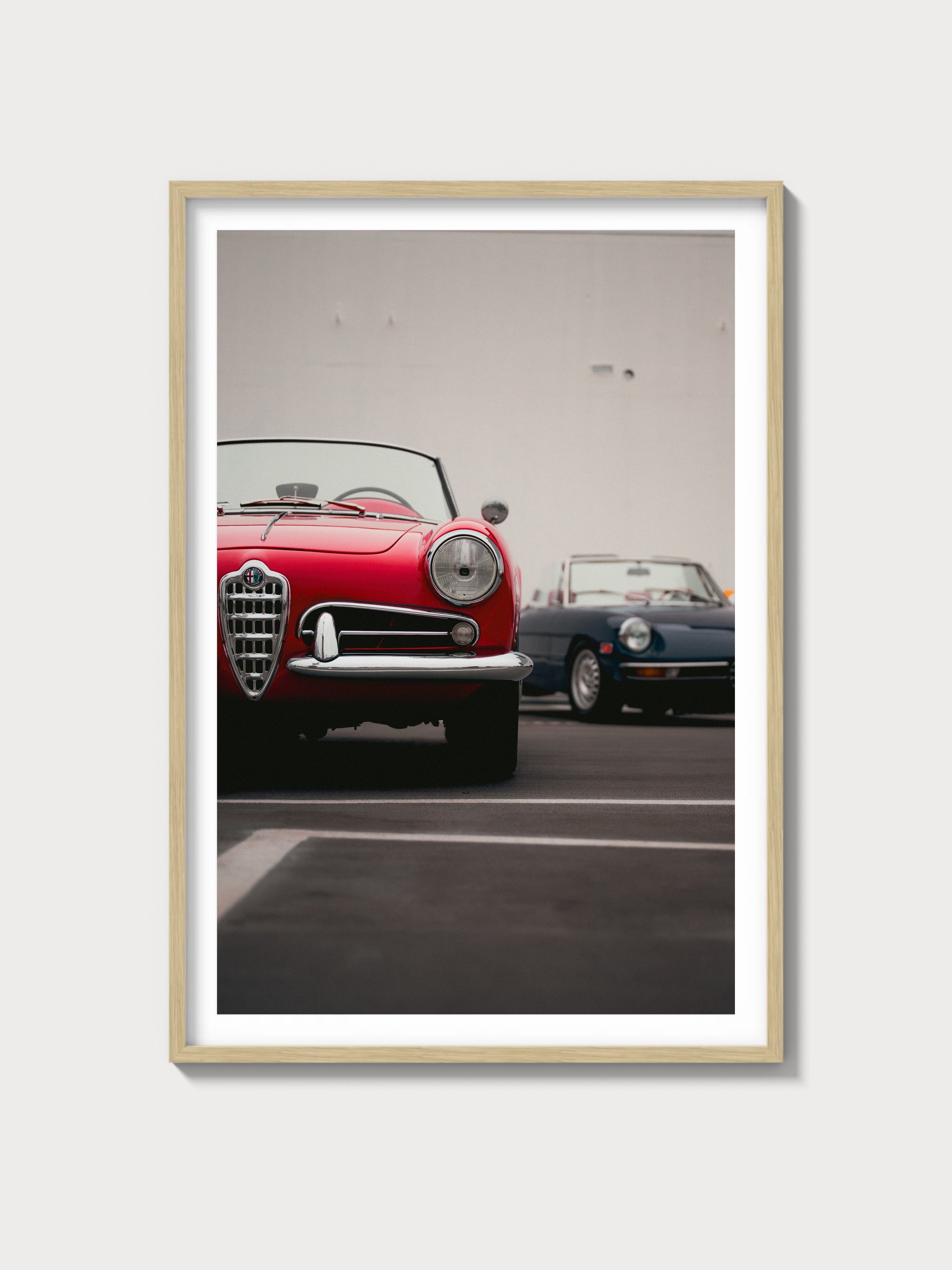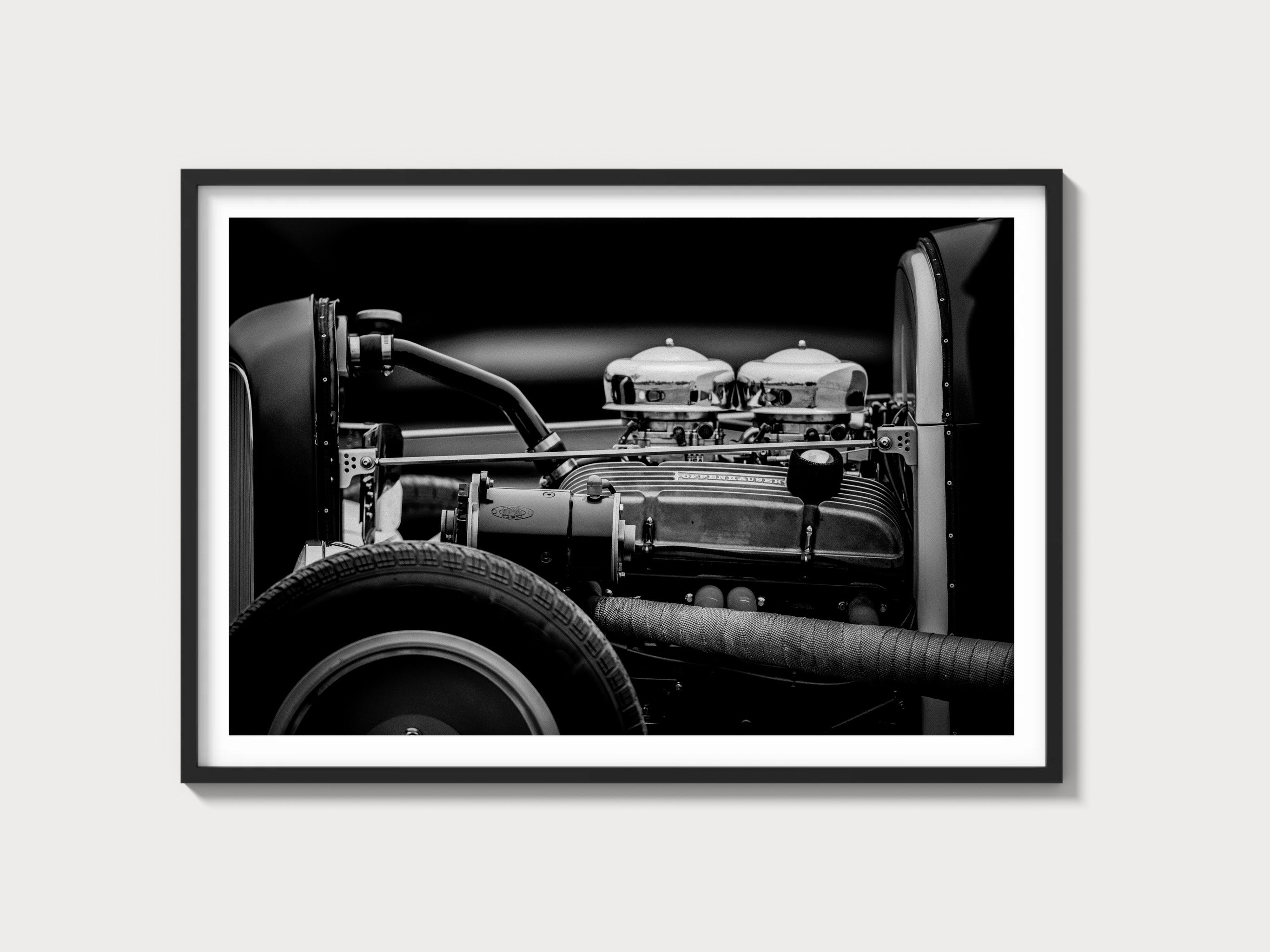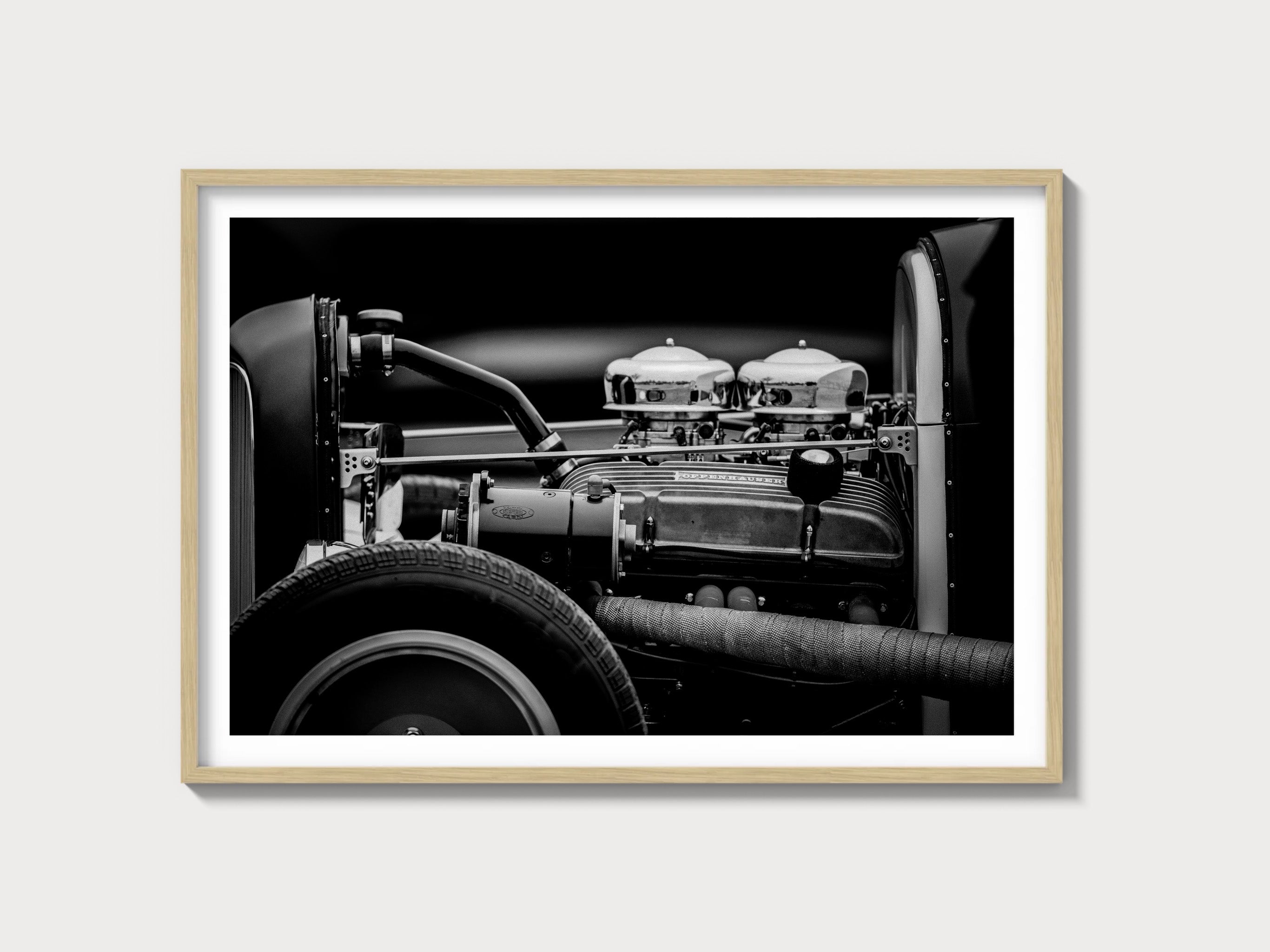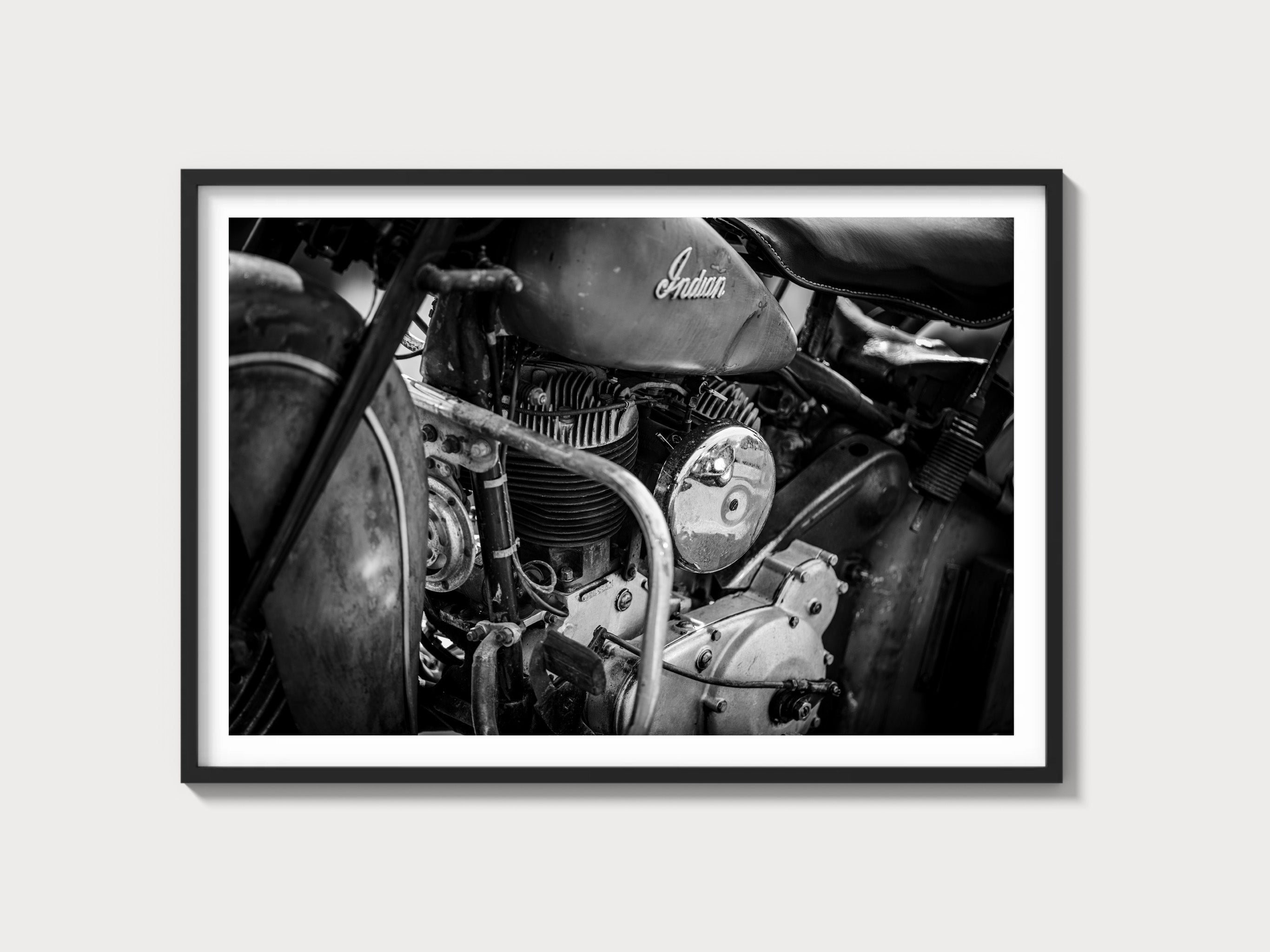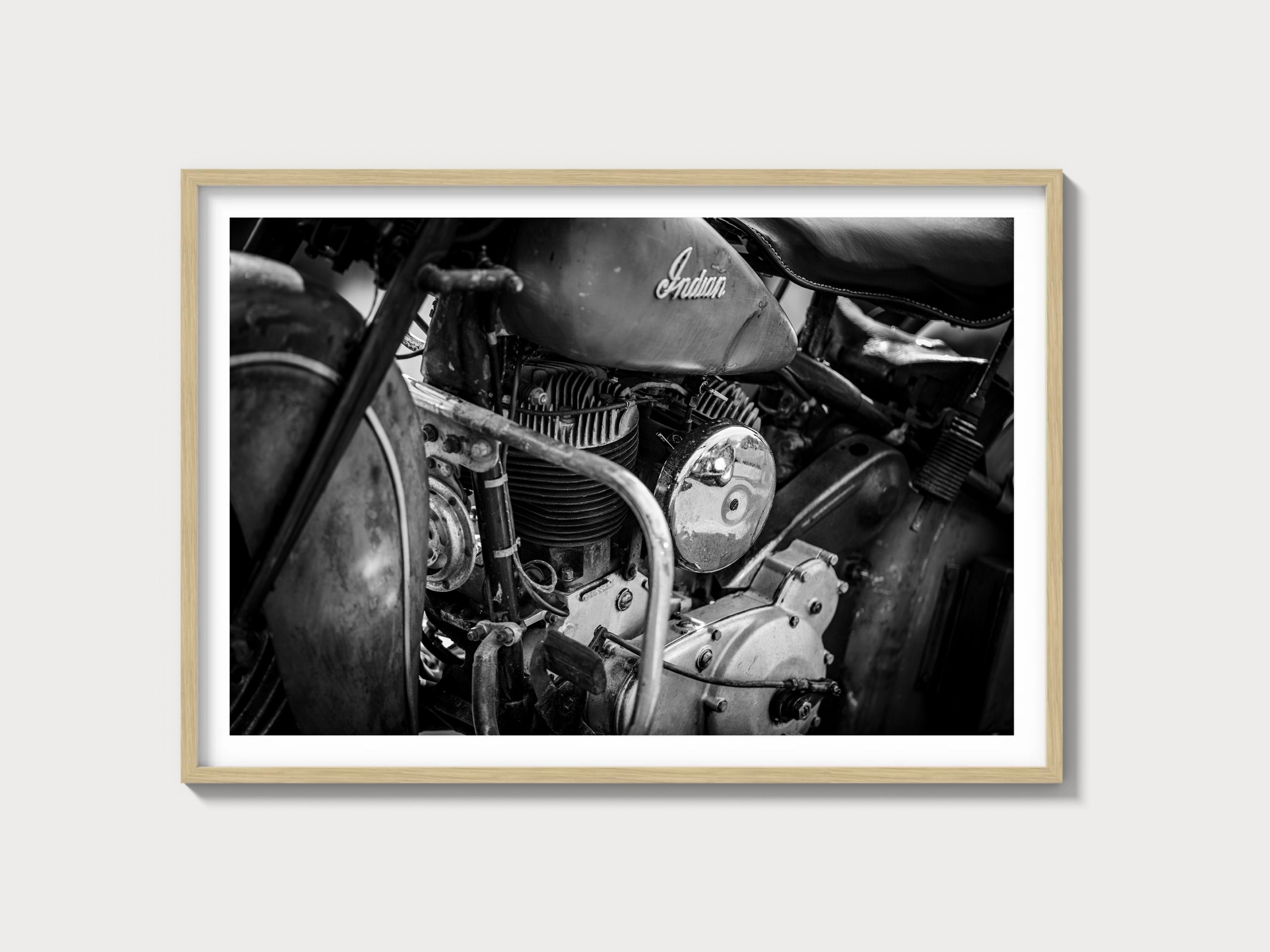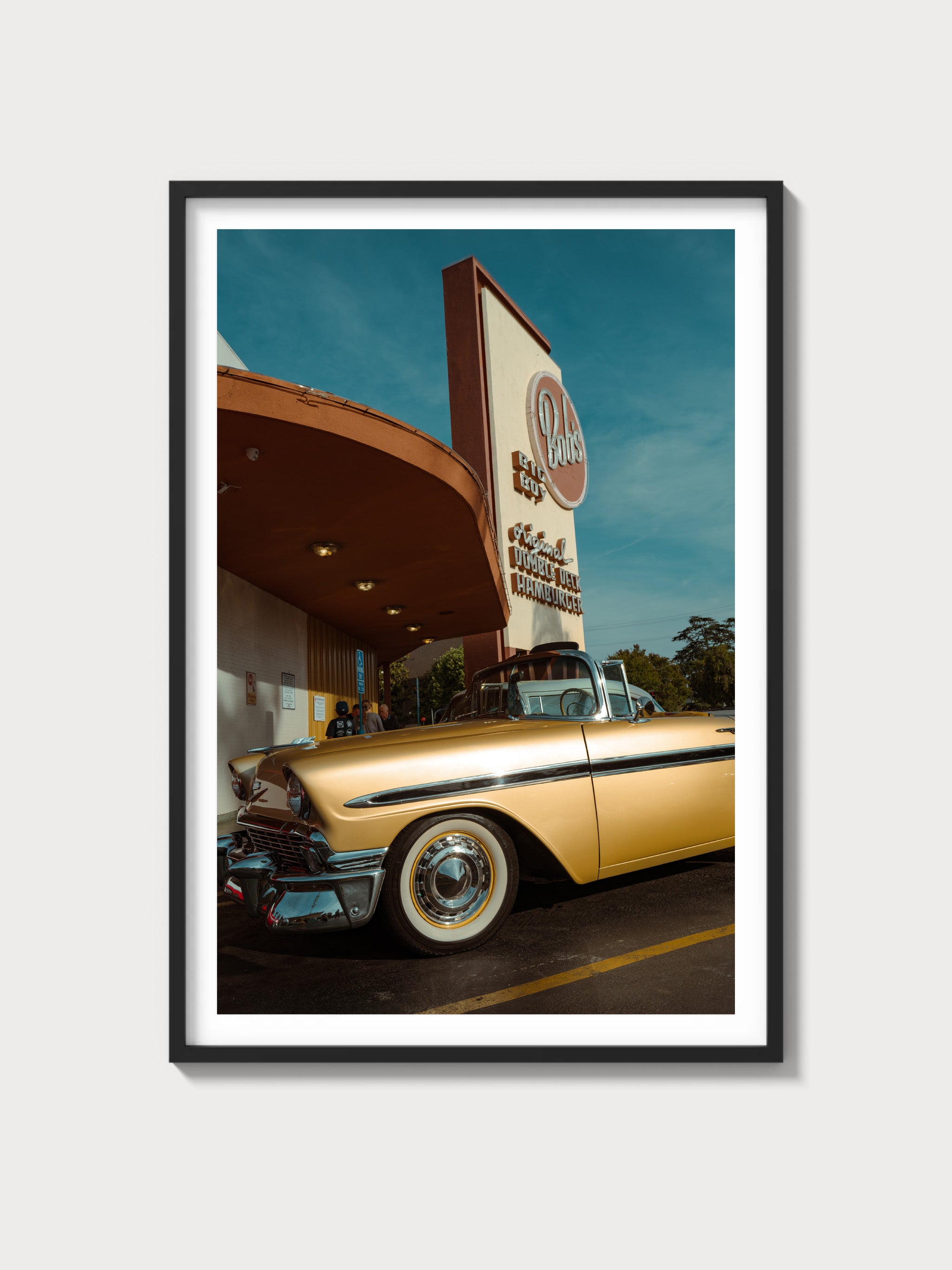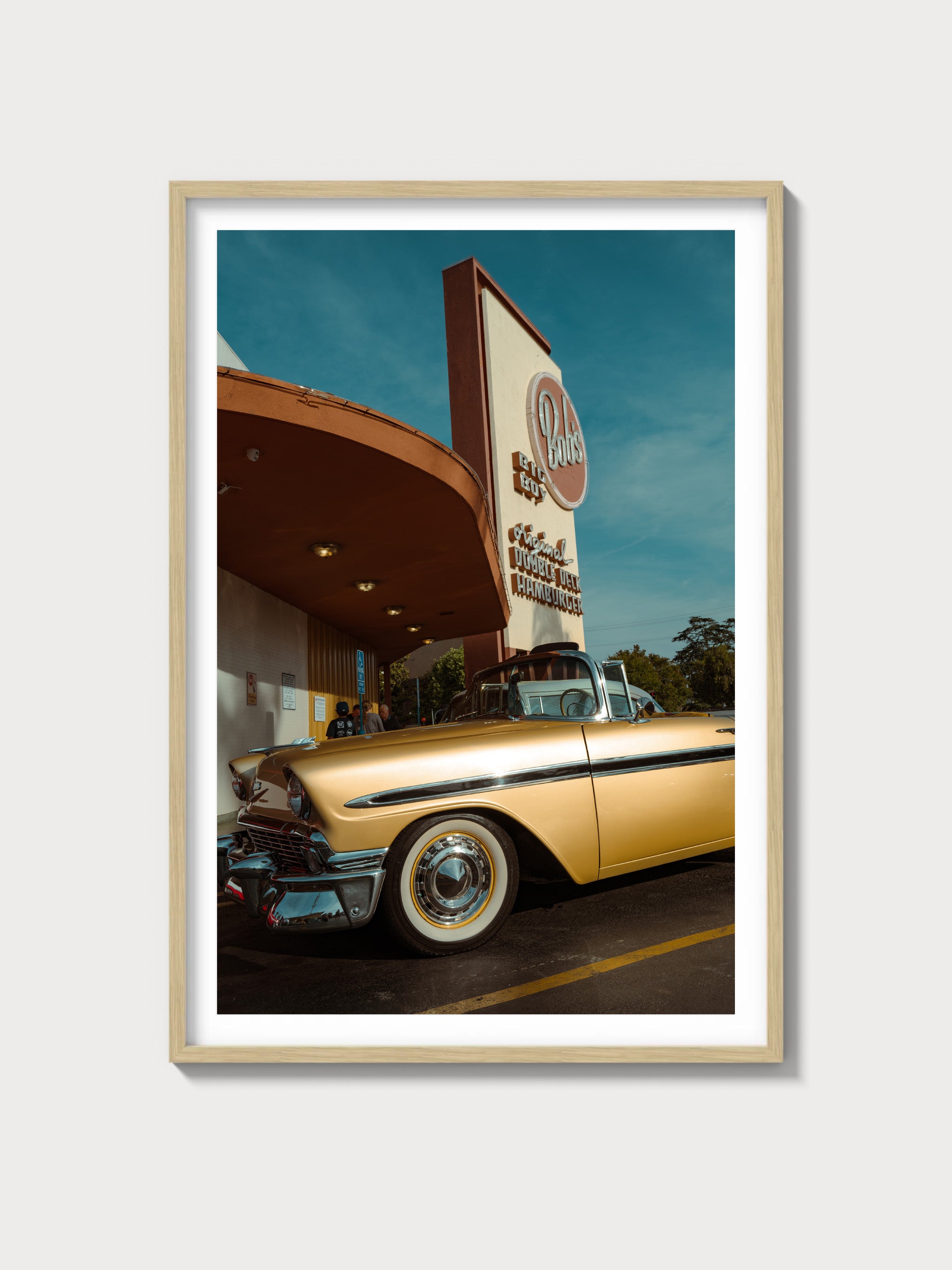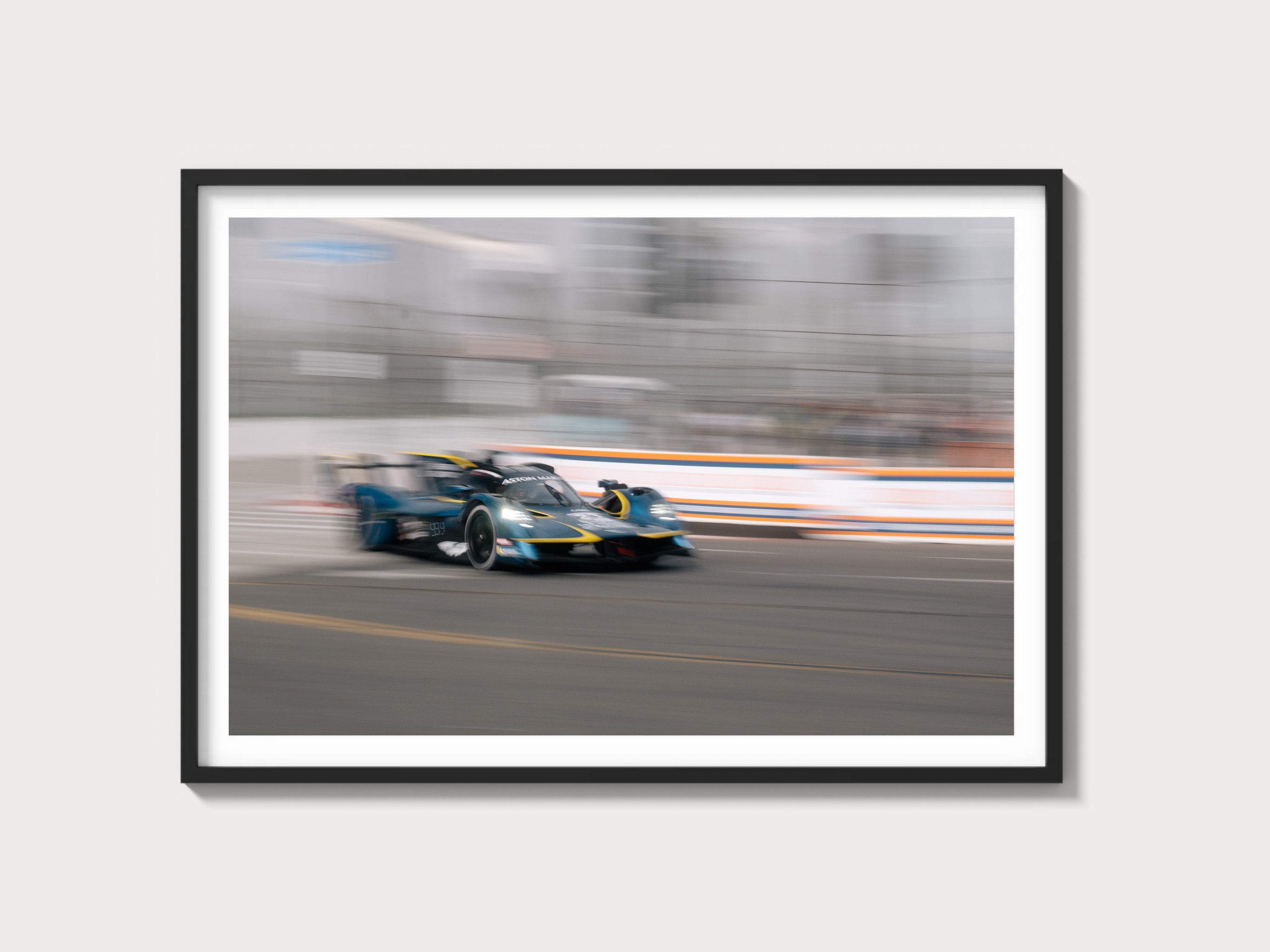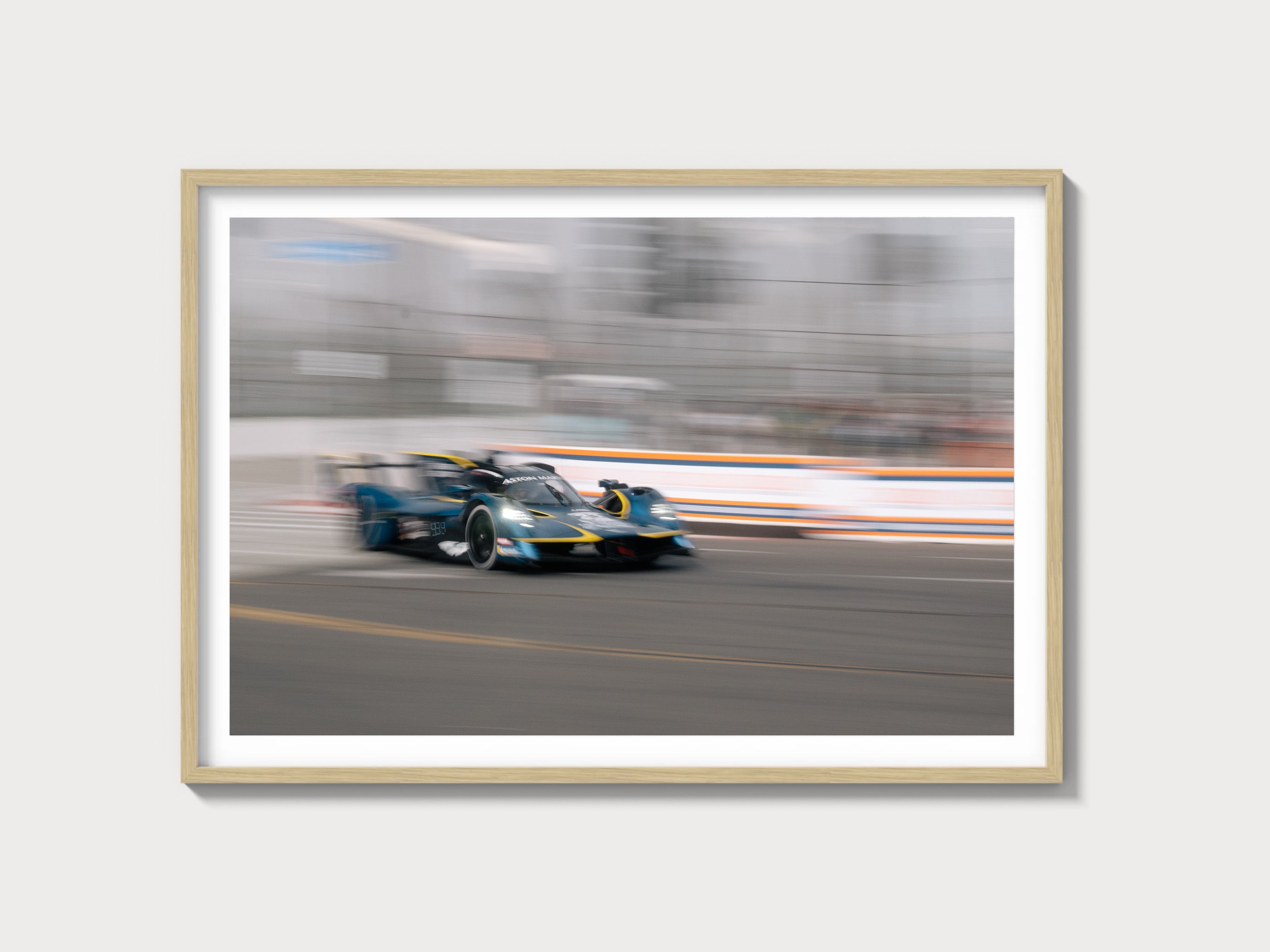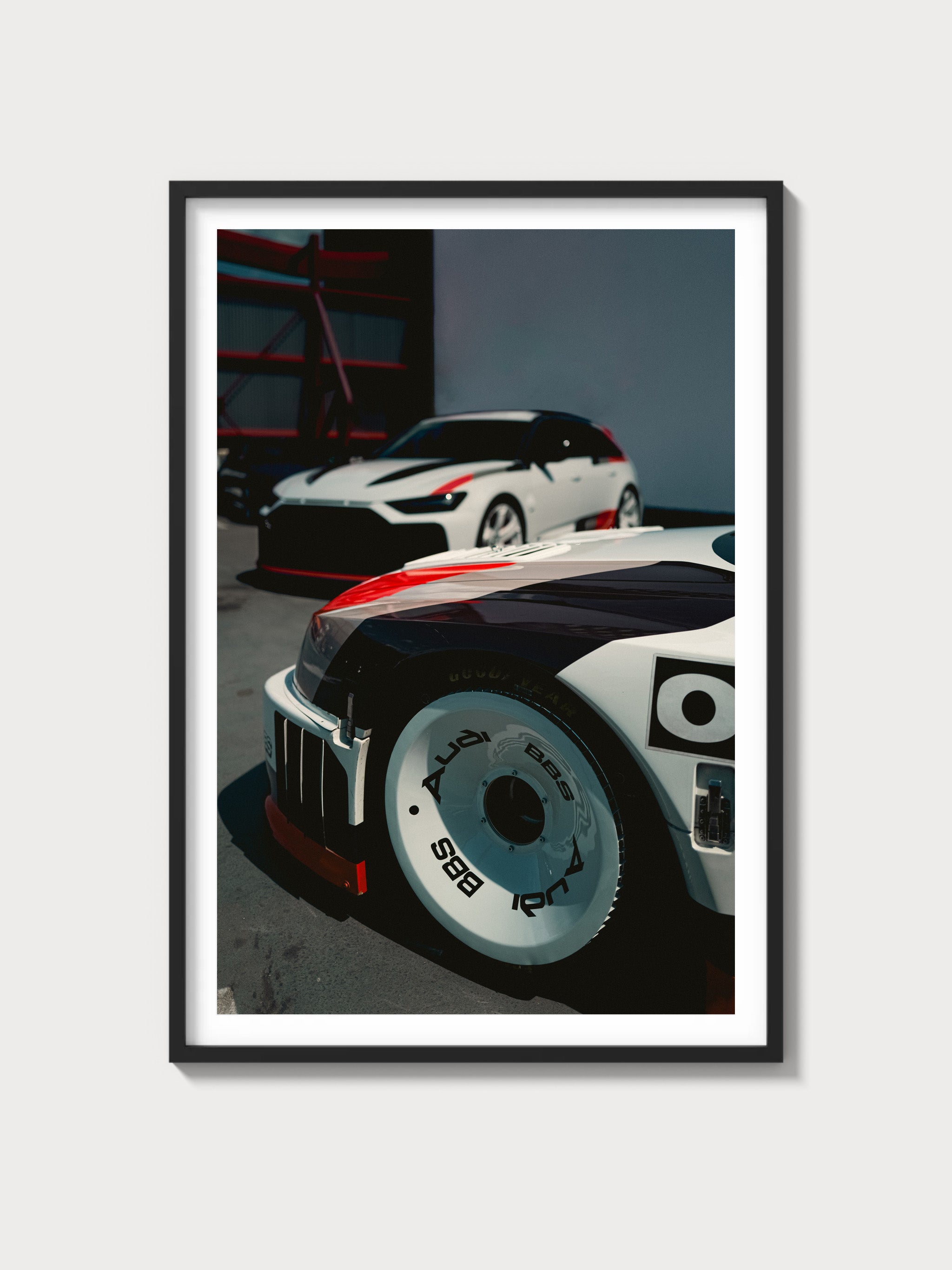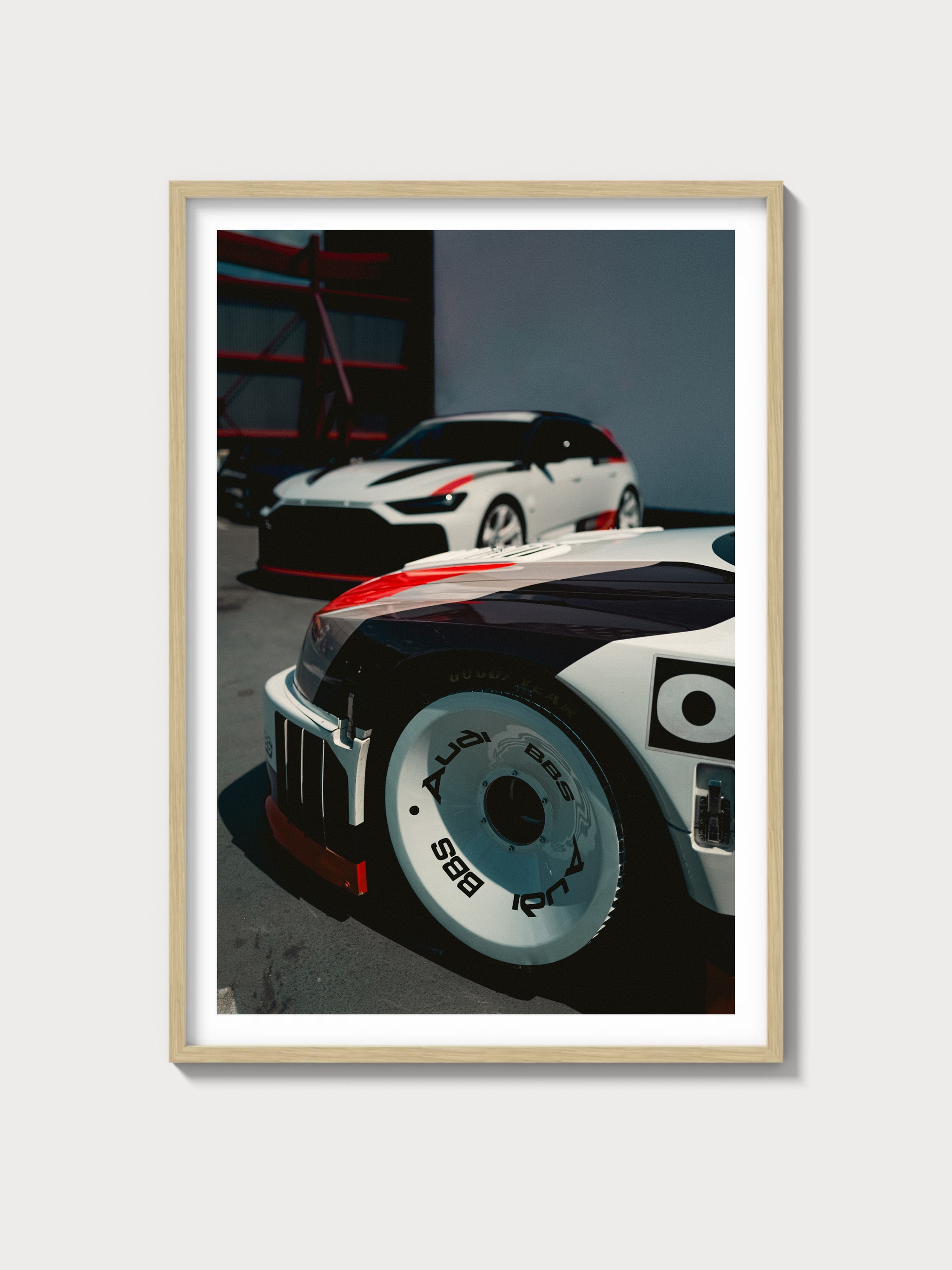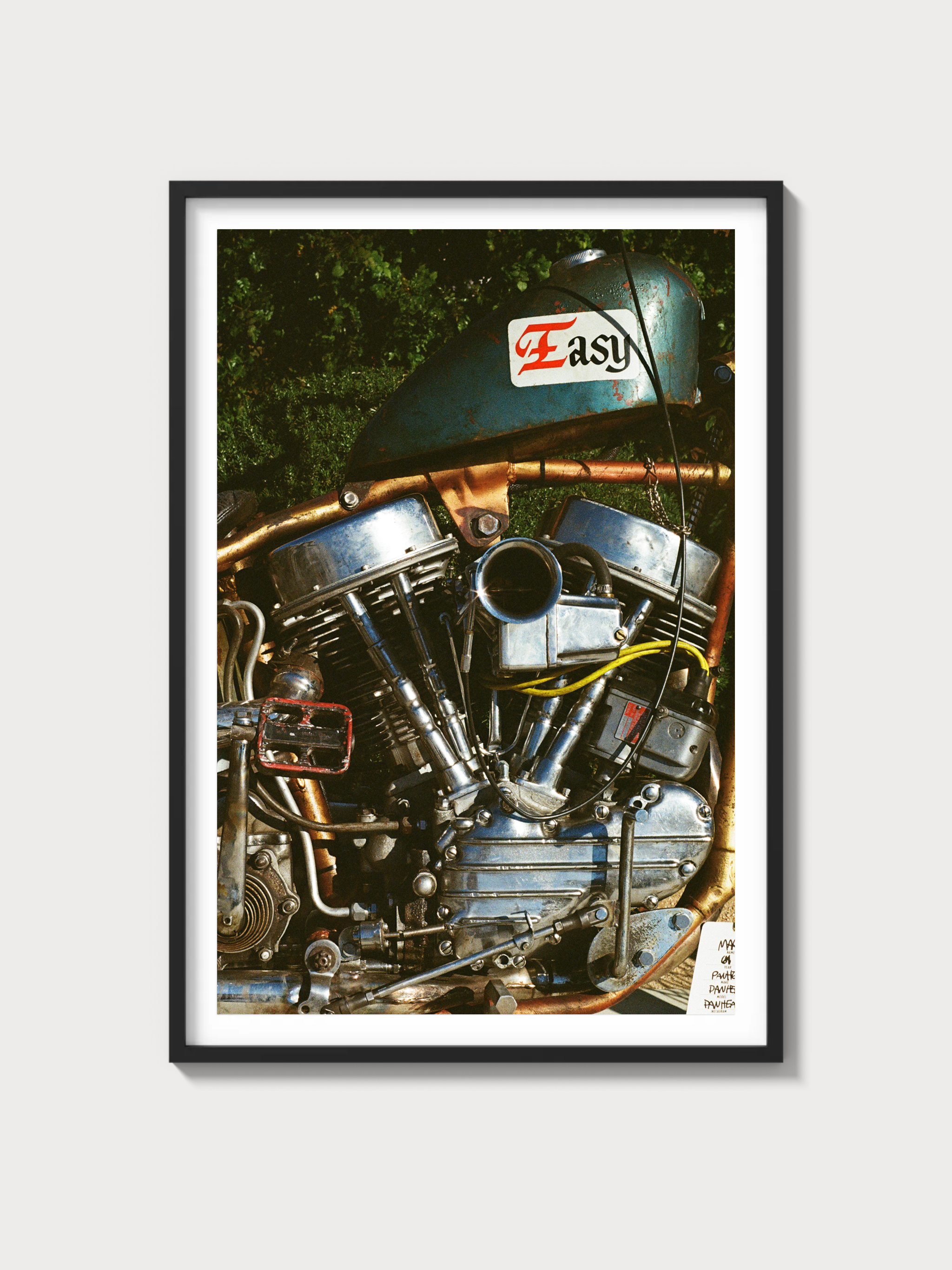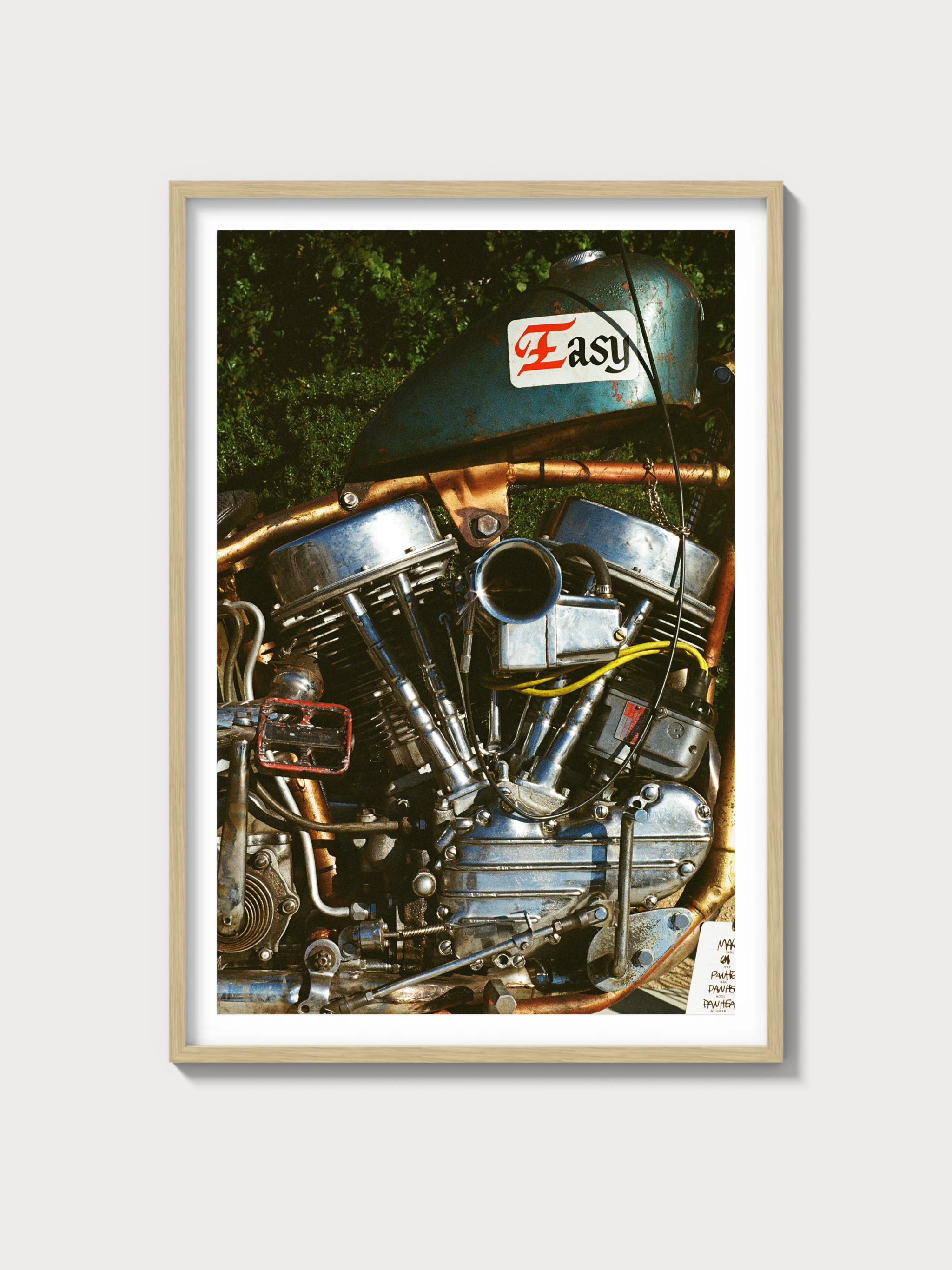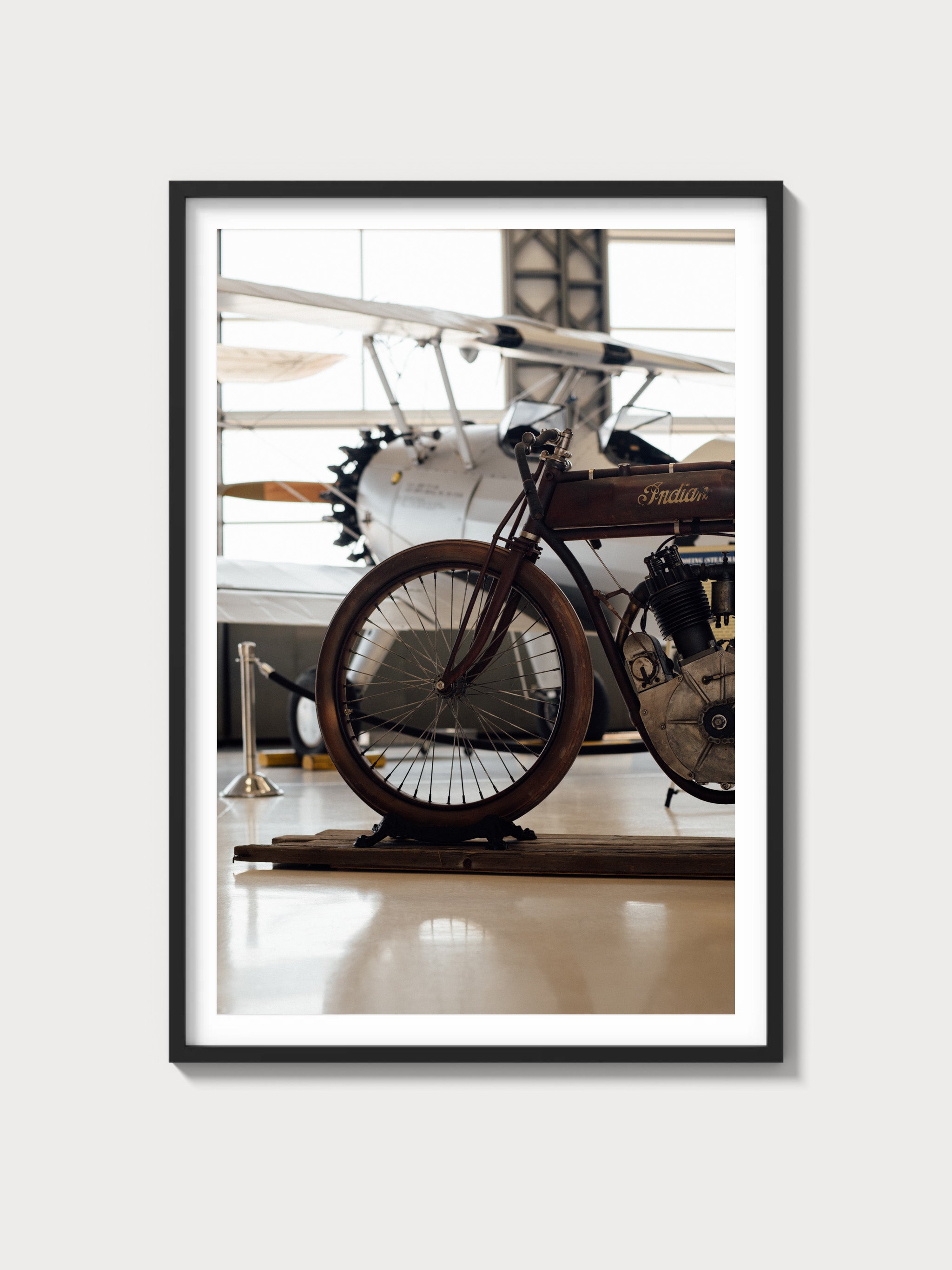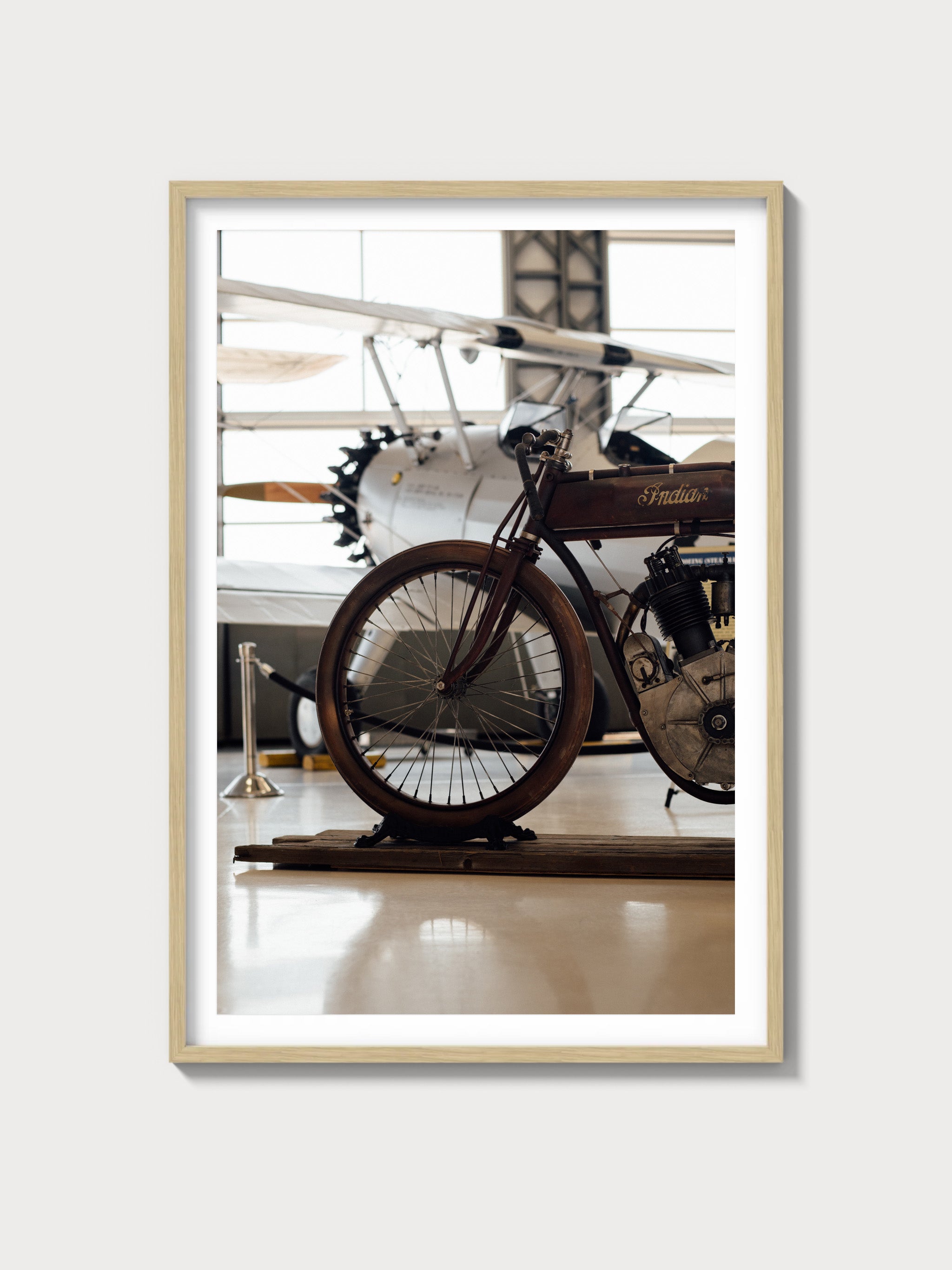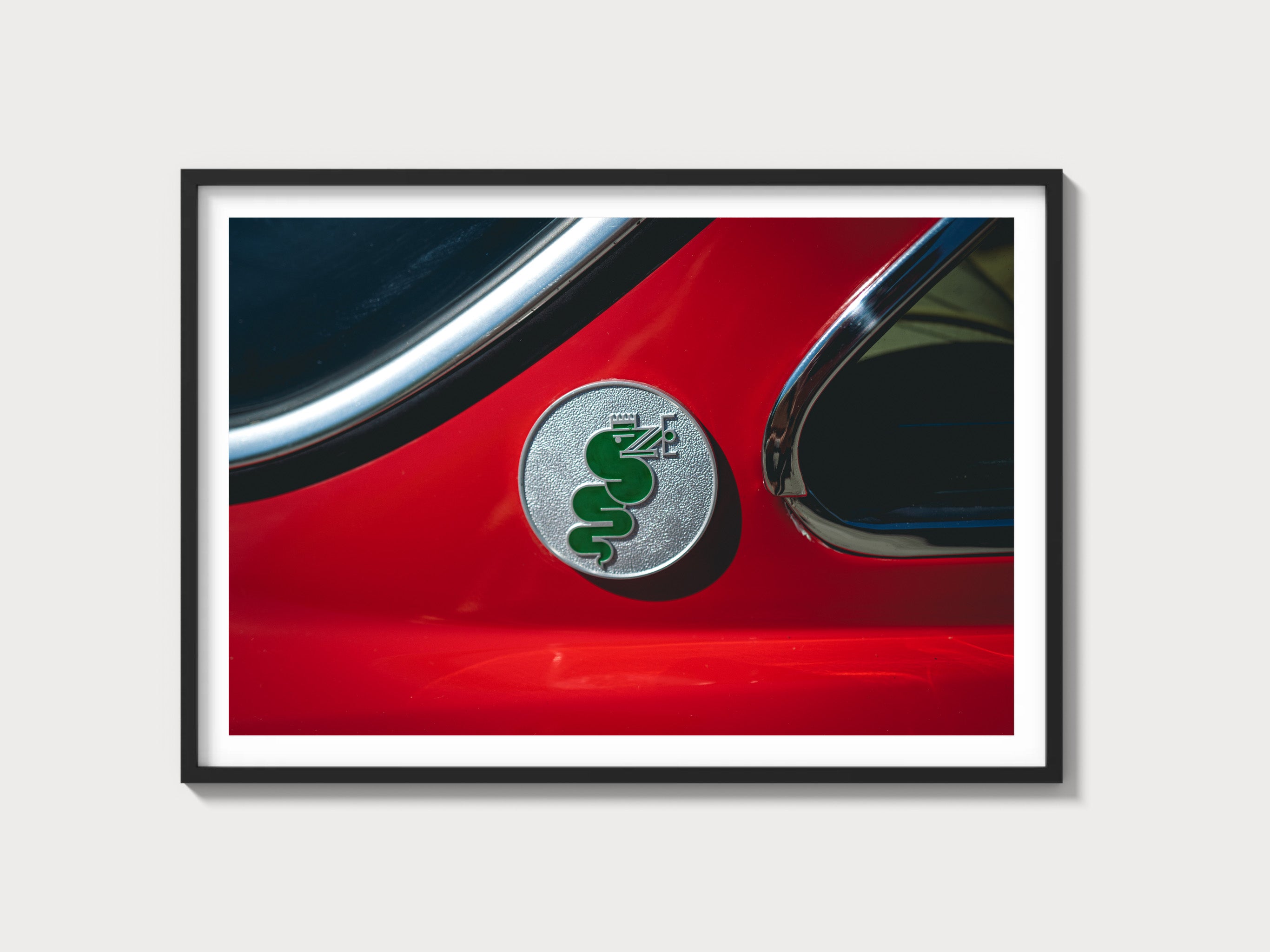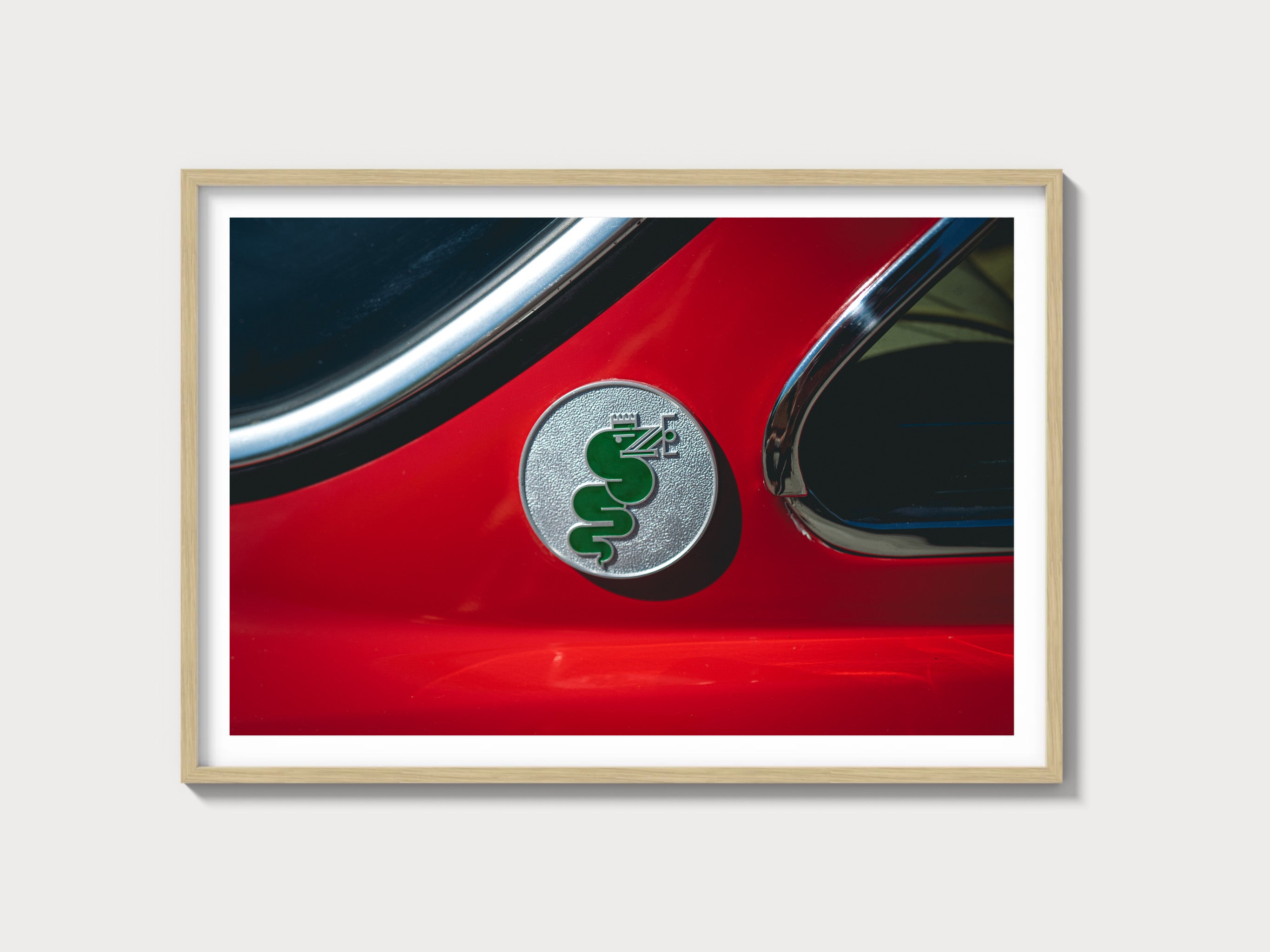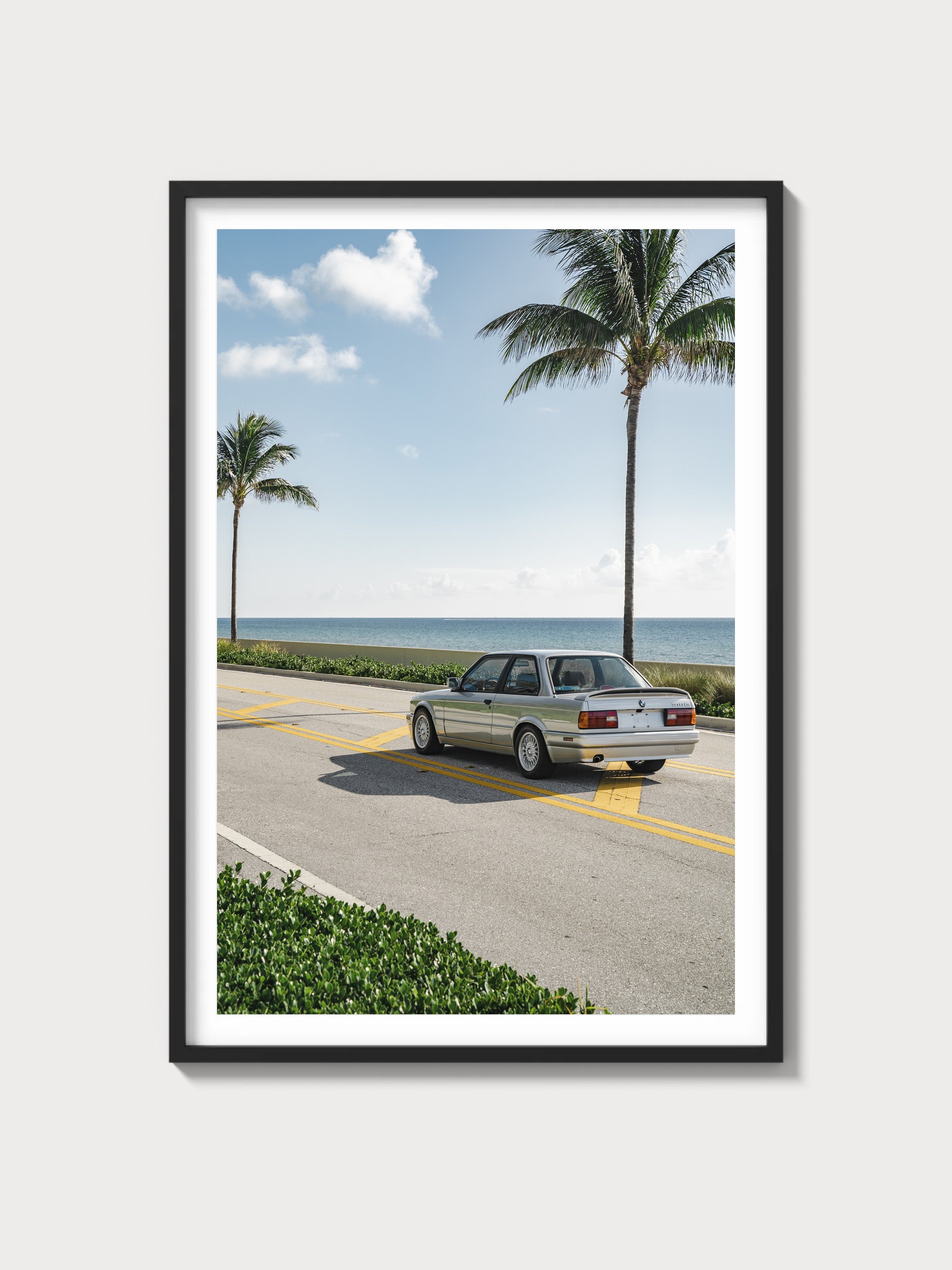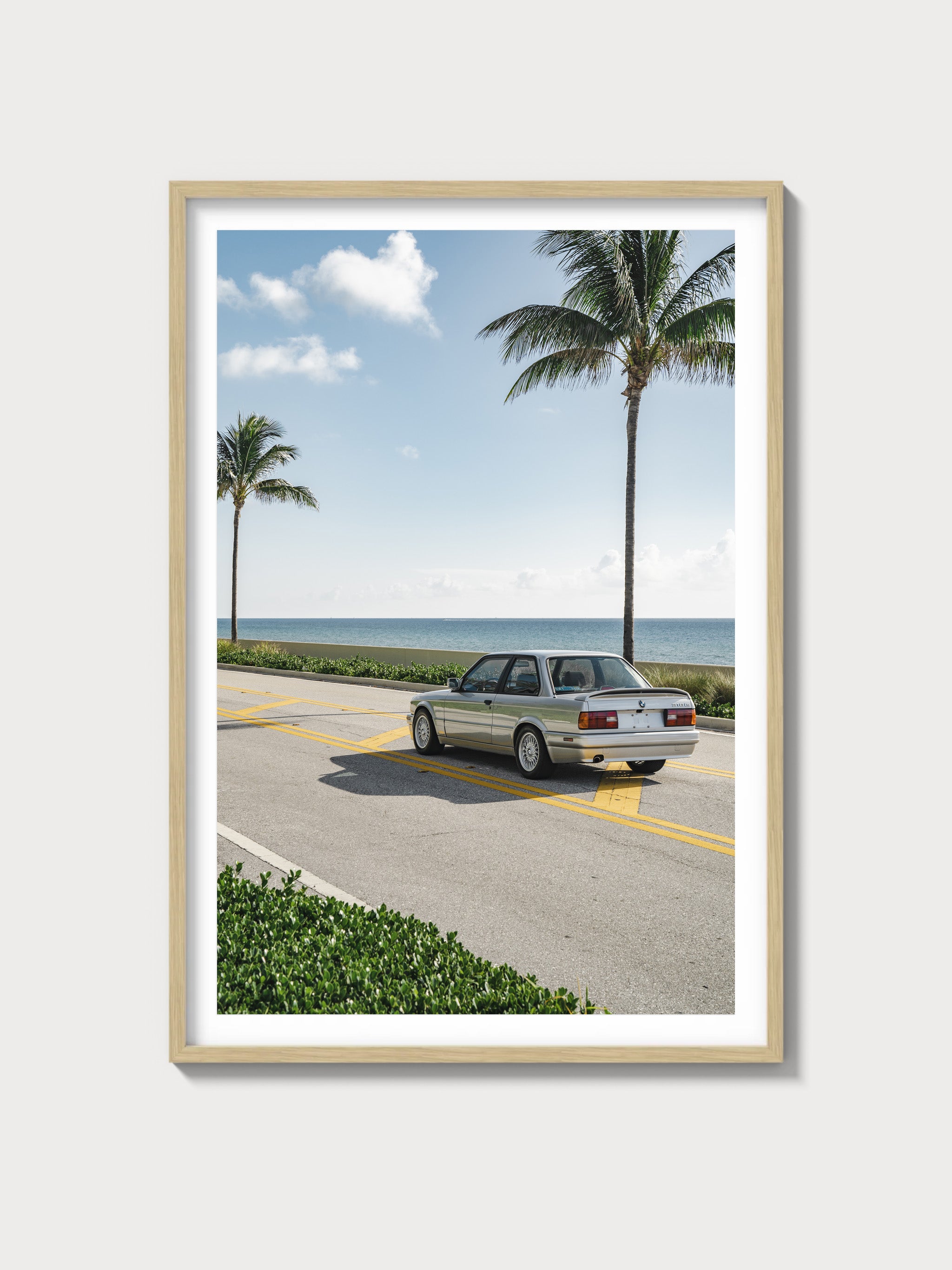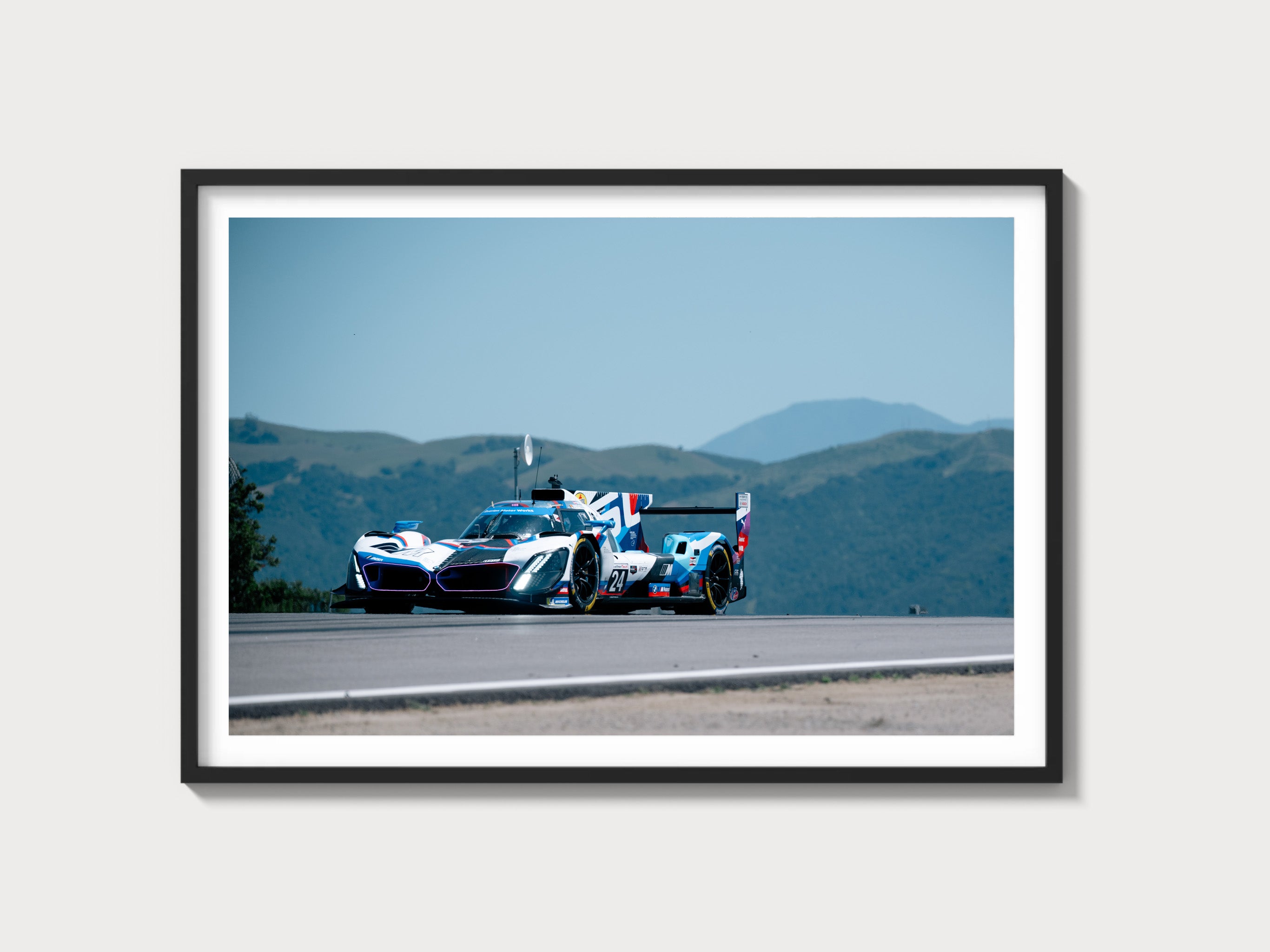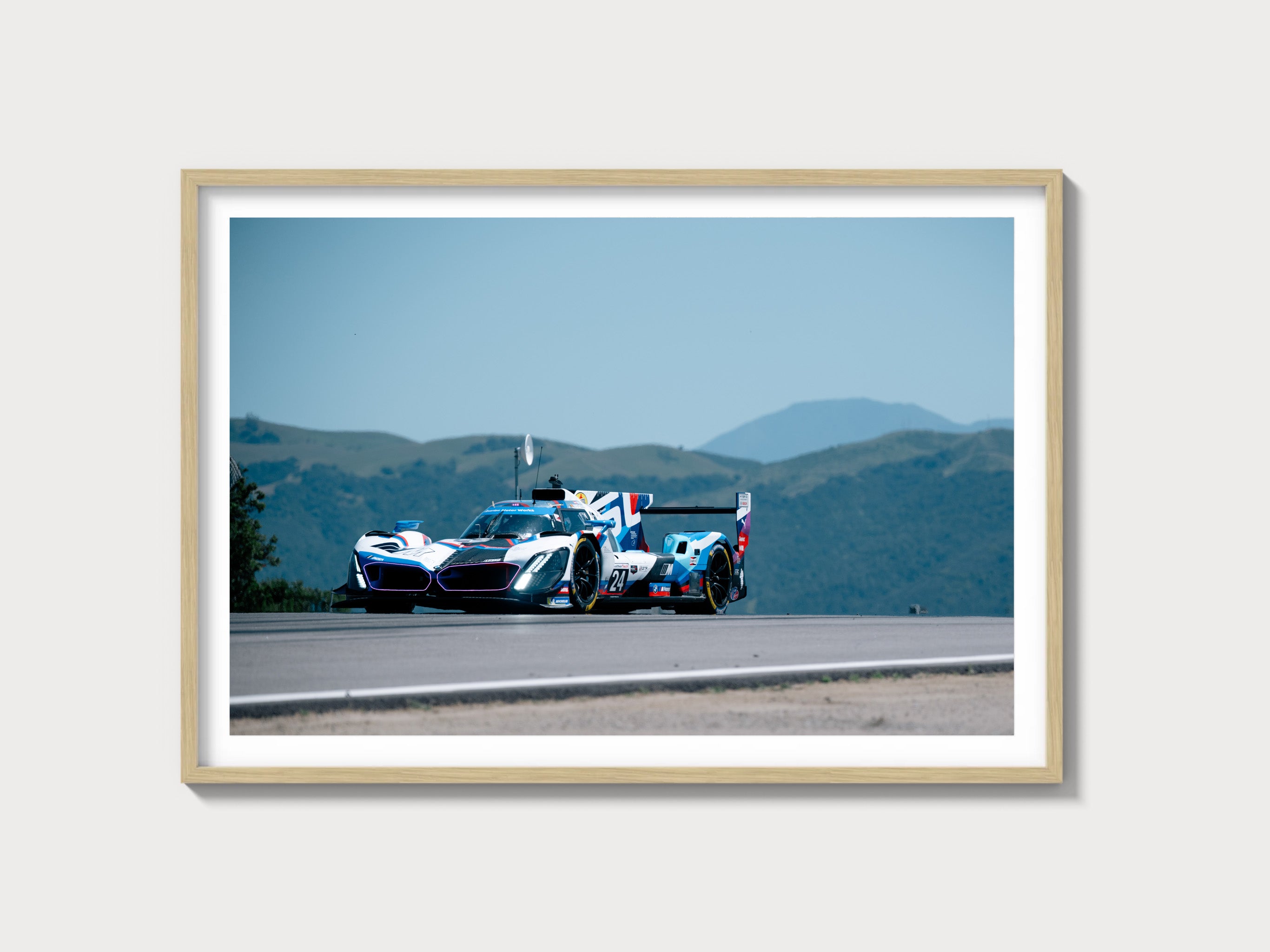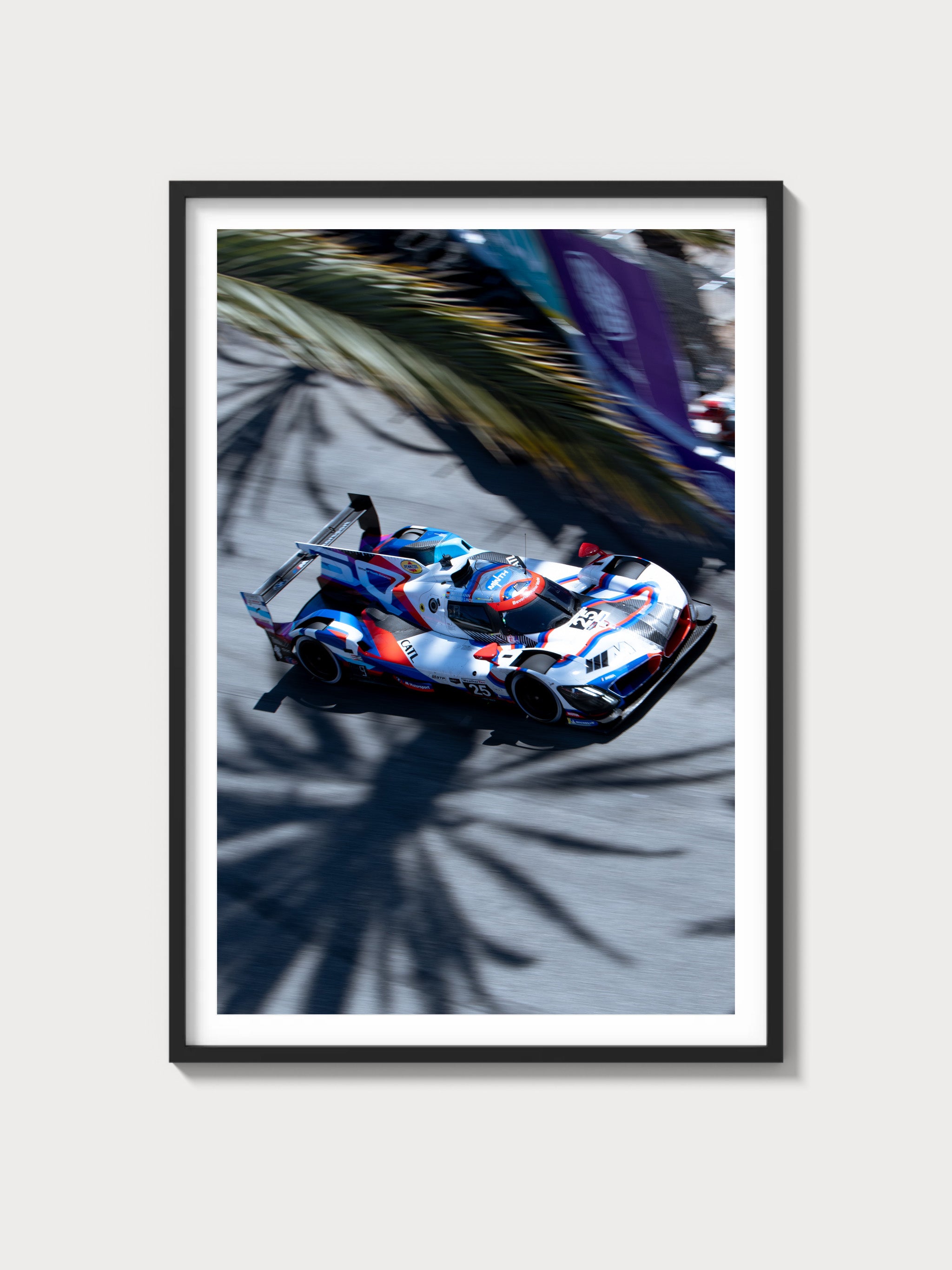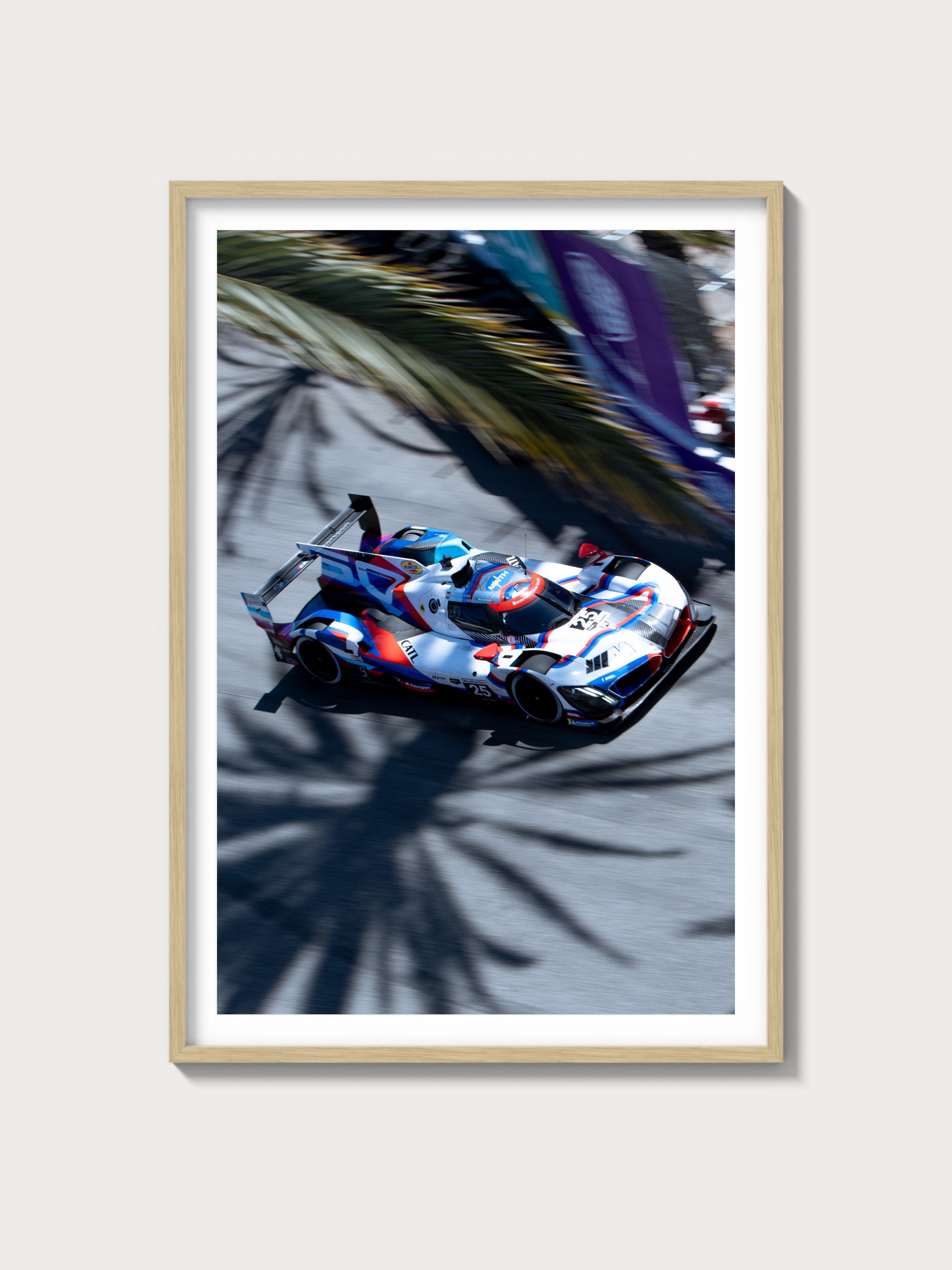Unveiling the 1969–1970 Ford Mustang Boss 302
Historical Context and Development Background
The Ford Mustang Boss 302 emerged during a transformative era for American muscle cars, specifically crafted to dominate the SCCA Trans-Am racing series. The brainchild of Ford's desire to compete with Chevrolet's Camaro Z/28, the Boss 302 was the work of Larry Shinoda, who imbued it with aggressive styling and racing-focused engineering. As part of the first generation of Mustangs, it reflected Ford's commitment to performance and innovation.
Engine and Technical Specifications
| Specification | Details |
|---|---|
| Engine Configuration | V8 |
| Displacement | 302 cu in (4.9 L) |
| Horsepower | 290 hp @ 5800 rpm |
| Induction Type | Natural Aspiration |
| Redline | 6250 rpm |
| Fuel System | 4-barrel carburetor |
| Compression Ratio | 10.5:1 |
| Bore x Stroke | 4.00 in x 3.00 in |
Driving Experience and Handling Dynamics
Renowned for its robust handling, the Boss 302 featured a suspension tuned for agility, with a front coil spring and rear leaf spring setup that provided remarkable road feedback. The close-ratio 4-speed manual transmission enhanced the driving experience, offering precise shifts and a responsive throttle that made the Boss 302 a delight on both track and road.
Full Performance Specifications
| Performance Metric | Specification |
|---|---|
| 0–60 mph | 6.9 seconds |
| Top Speed | 118 mph |
| Quarter-Mile | 14.6 seconds |
| Weight | 3,122 lbs |
| Layout | FR (Front-engine, Rear-wheel drive) |
| Brakes | Disc front, drum rear |
| Suspension | Independent front, solid axle rear |
| Gearbox Type | 4-speed manual |
Variant Breakdown
- 1969 Boss 302: Approximately 1,628 units, featured unique exterior graphics, Shaker hood scoop optional.
- 1970 Boss 302: Approximately 7,013 units, revised front grille, black rear spoiler, and sports slats standard.
Ownership Notes
The Boss 302 is revered among collectors for its race-bred pedigree and rarity. Maintenance requires attention to the high-compression engine, with parts availability being generally good thanks to a robust aftermarket. Restoration can be challenging, especially in sourcing original parts for concours-level restorations. Regular service intervals and expert tuning are essential to maintain its performance.
Cultural Relevance
The Boss 302 has etched its place in popular culture, appearing in films and television, further solidifying its status as an American icon. Its racing legacy, marked by victories in the Trans-Am series, continues to enhance its desirability among collectors, with auction prices reflecting its esteemed status in the muscle car hierarchy.
FAQs
- Is the Boss 302 reliable?
- Yes, with proper maintenance, the Boss 302 is known for its reliability, though engine tuning must be meticulous.
- What are the value trends for the Boss 302?
- The value of the Boss 302 has shown a steady increase, particularly for well-preserved or fully restored examples.
- What are the known problems?
- Common issues include carburetor tuning and suspension wear; however, these are manageable with regular upkeep.

